This collection of portraits of economists was presented in 1997 as a gift to the Department of Economics of Duke University by Professor Warren J. Samuels of Michigan State University, who himself had received a number of the portraits from Frank W. Fetter.
Use the arrow or dots below the image to scroll through additional photos. Each set of photos are organized by Economist's last name.
Economists A-C

Giovanni Battista Antonelli (1858–1944) was an Italian engineer and a contributor to general equilibrium theory. His interest in economics was short-lived, yet he was perhaps the first person to pose the "integrability" problem.
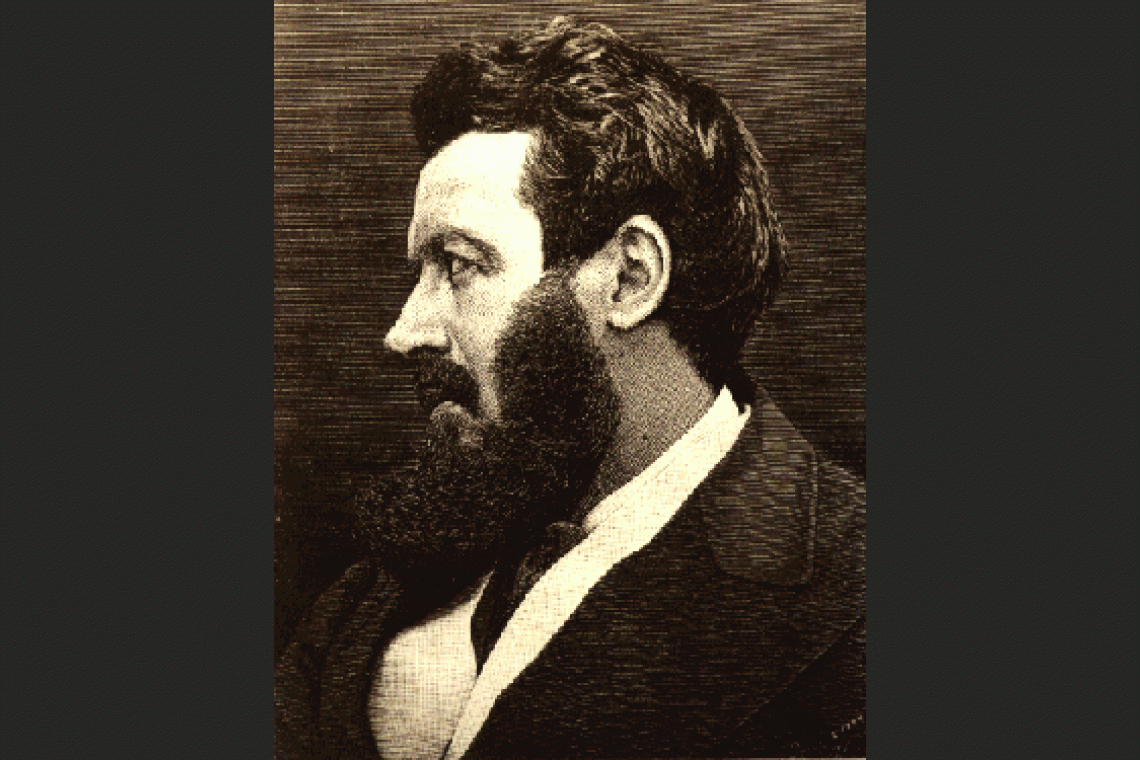
Walter Bagehot (1826–77) was a British journalist, businessman, and essayist who wrote extensively about government, economics, literature, and race. He is perhaps best known for his book "Lombard Street: A Description of the Money Market."
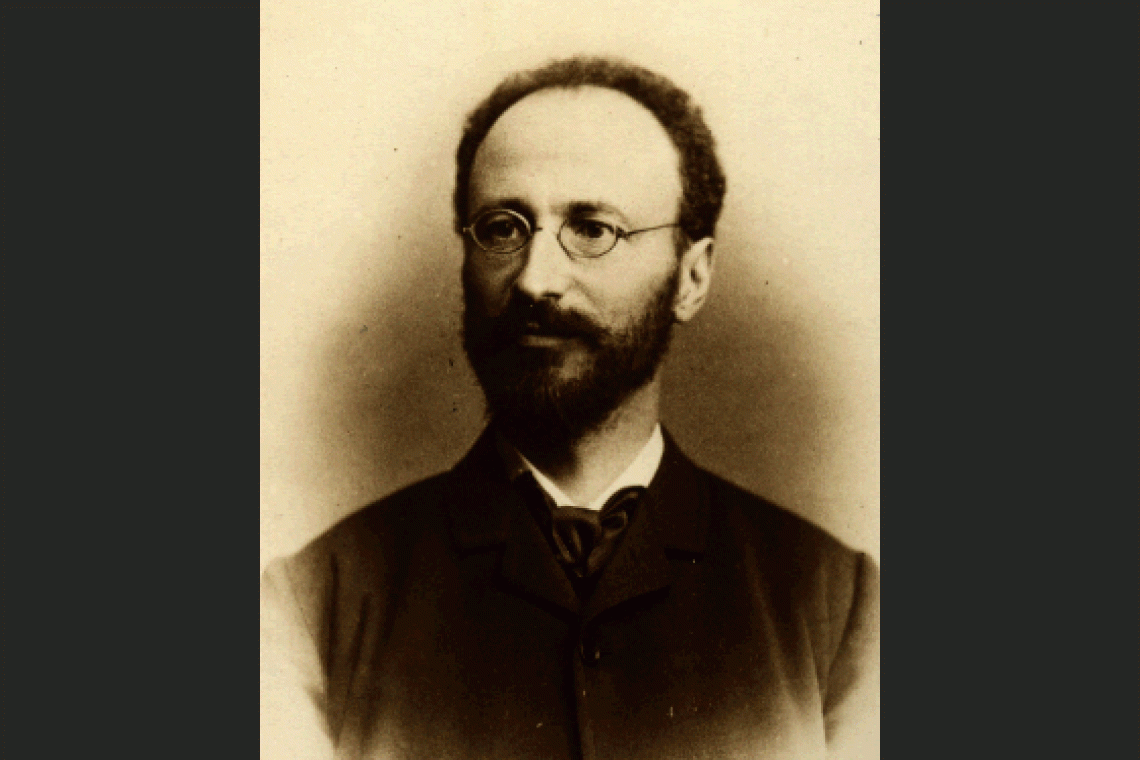
Eugen von Böhm-Bawerk (1851–1914) was an Austrian economist who made important contributions to the Austrian school of economics and neoclassical economics. His books include "Capital and Interest" and "Marx and the Close of His System."
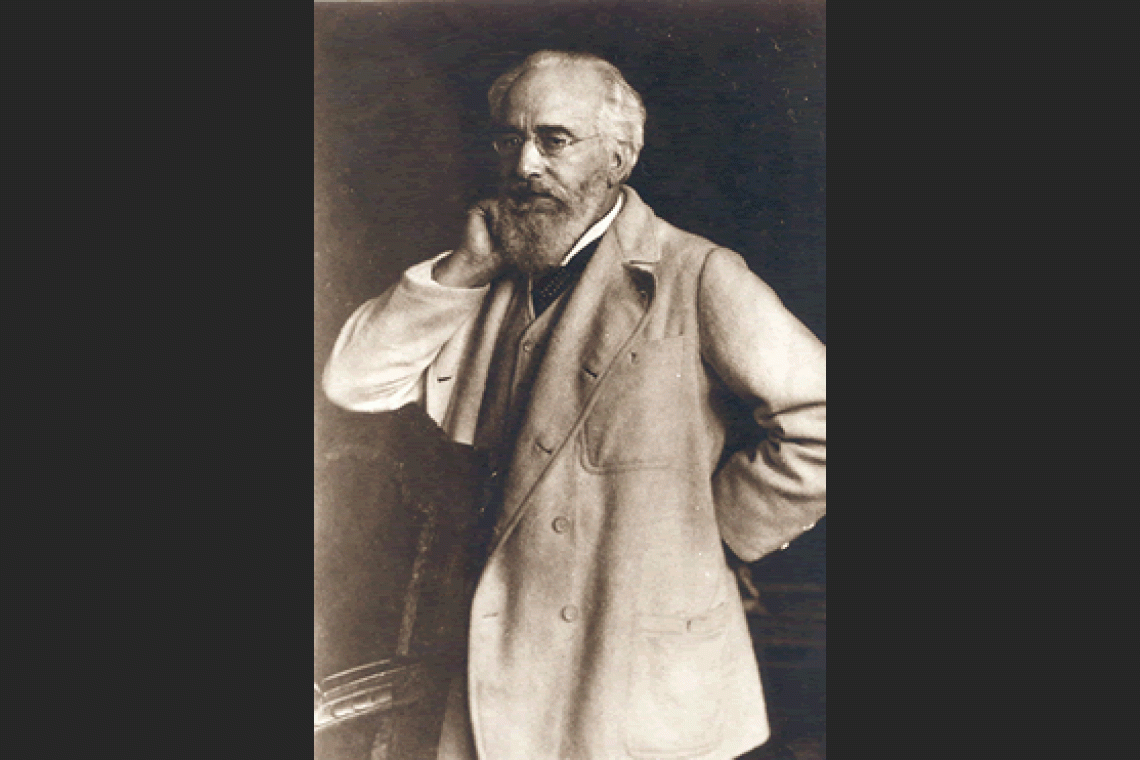
Lujo Brentano (1844–1931) was a German economist and social reformer. A Kathedersozialist and a founding member of the Verein für Socialpolitik, Brentano influenced the social market economy.
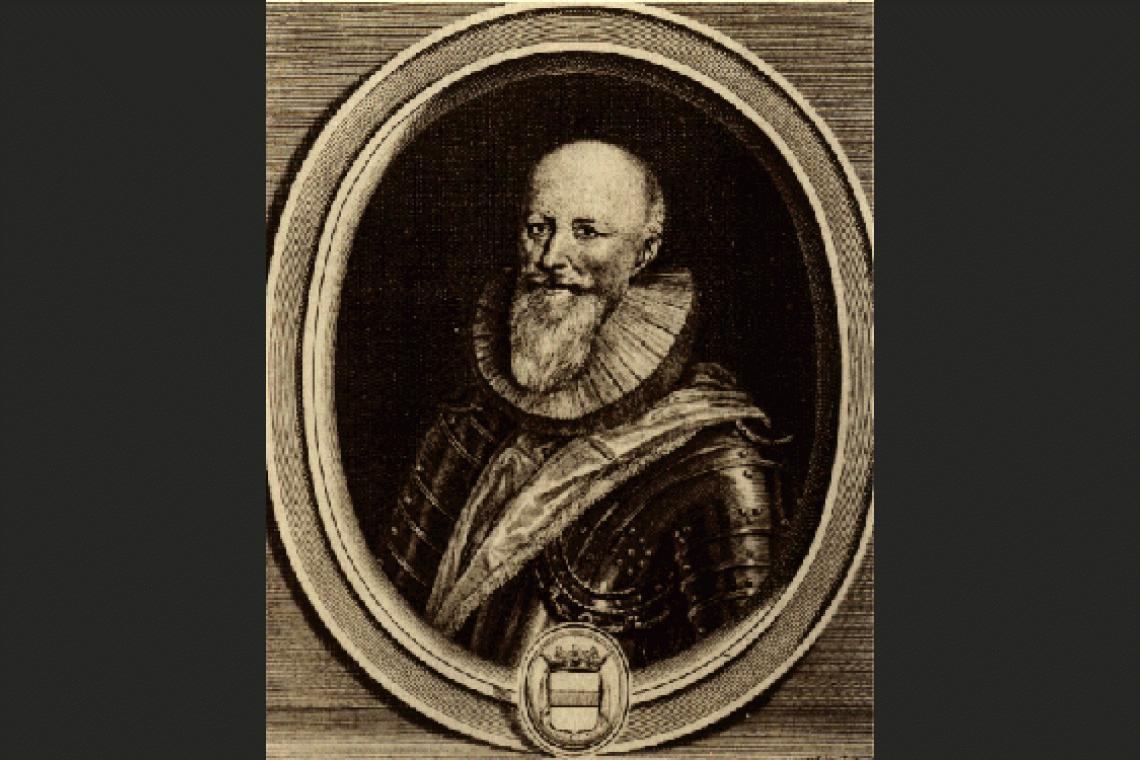
Maximilien de Bethune (1560–1641) was a nobleman, soldier, statesman, and counselor of King Henry IV of France. He helped build a strong centralized administrative system in France using coercion and highly effective new administrative techniques.
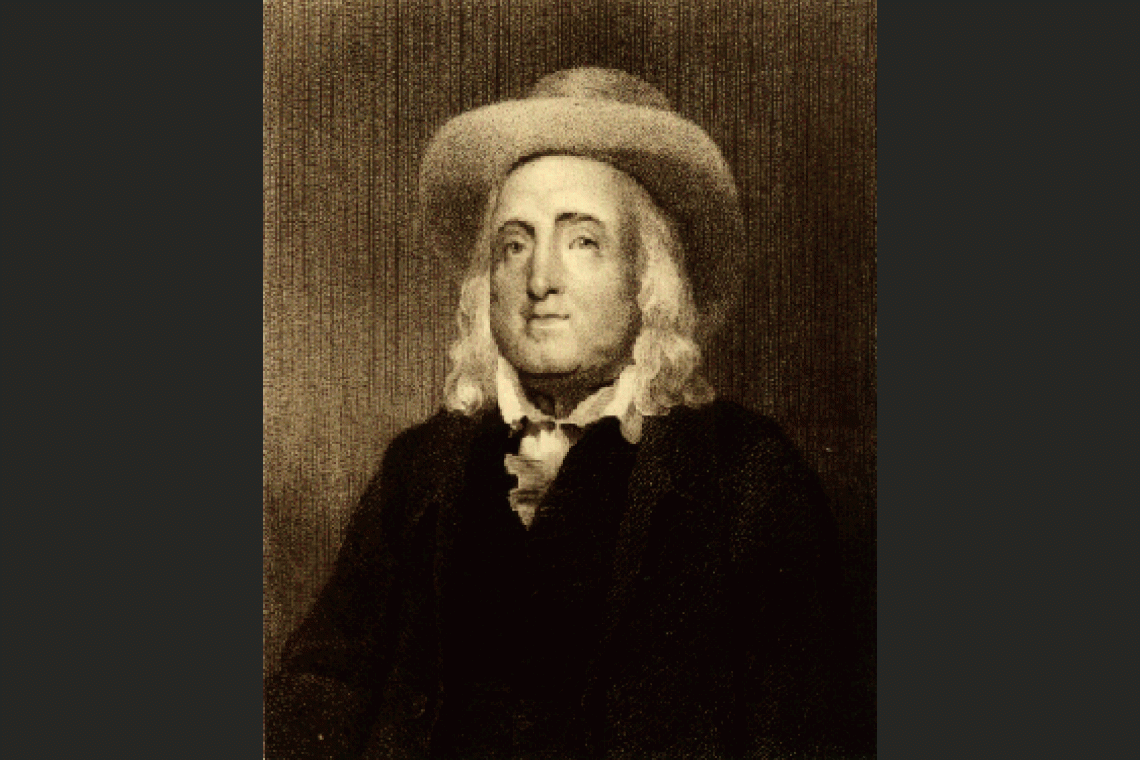
Jeremy Bentham (1748–1832) was an English philosopher, jurist, and social reformer regarded as the founder of modern utilitarianism.
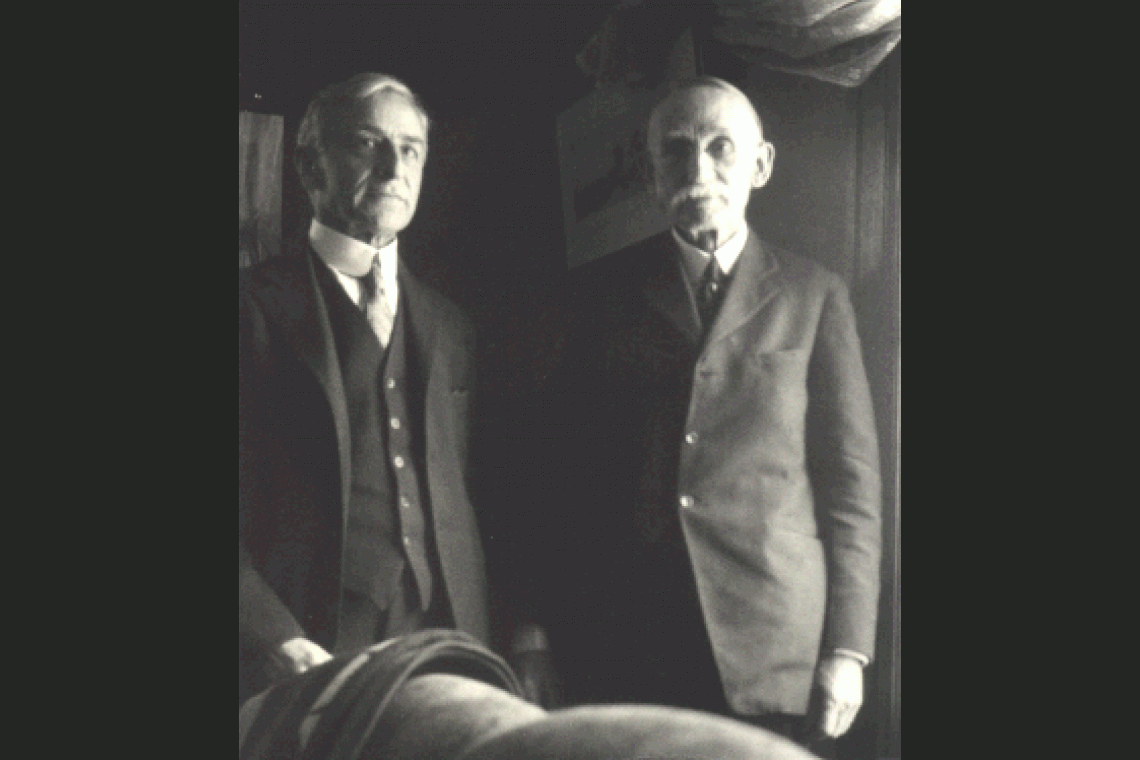
Frank Albert Fetter (left; 1863–1949) and John Bates Clark (1847–1938). Fetter was an American economist of the Austrian School. Clark was an American neoclassical economist and a pioneer of the marginalist revolution.

Henry Charles Carey (1793–1879) was the leading 19th-century economist of the American school and chief economic adviser to President Abraham Lincoln.
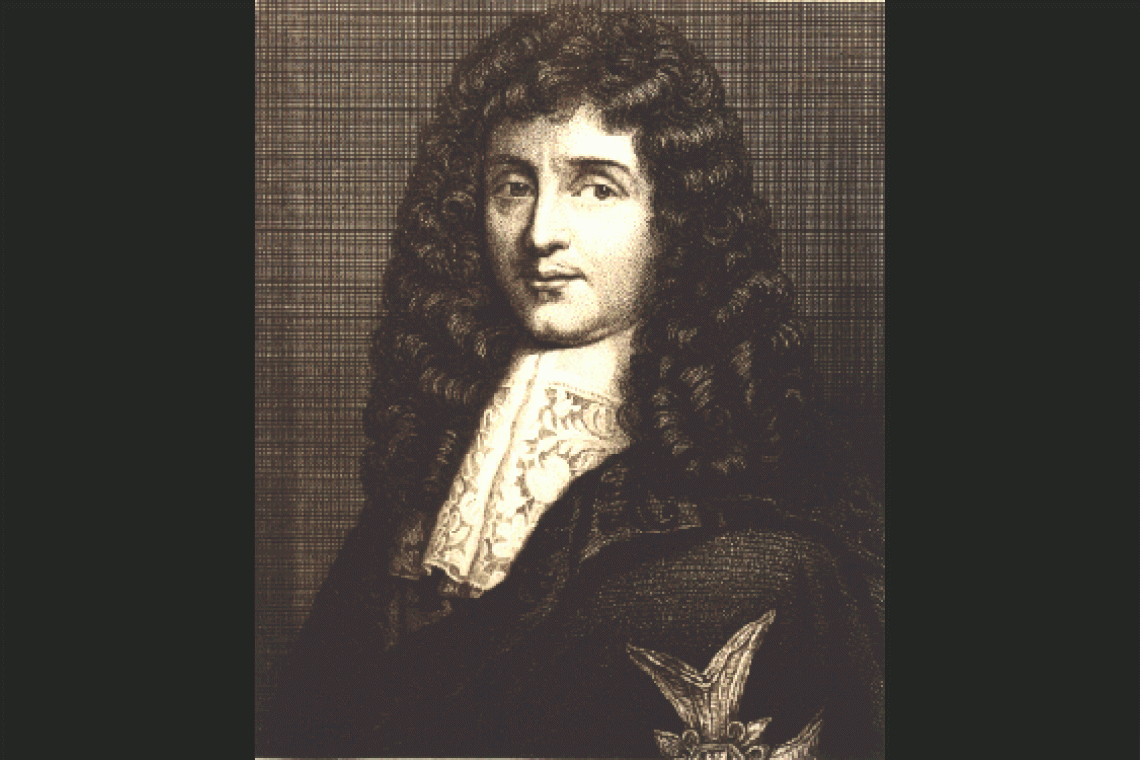
Jean Baptiste Colbert (1619–83) was a French statesman who served as First Minister of State from 1661 until his death in 1683 under the rule of King Louis XIV.
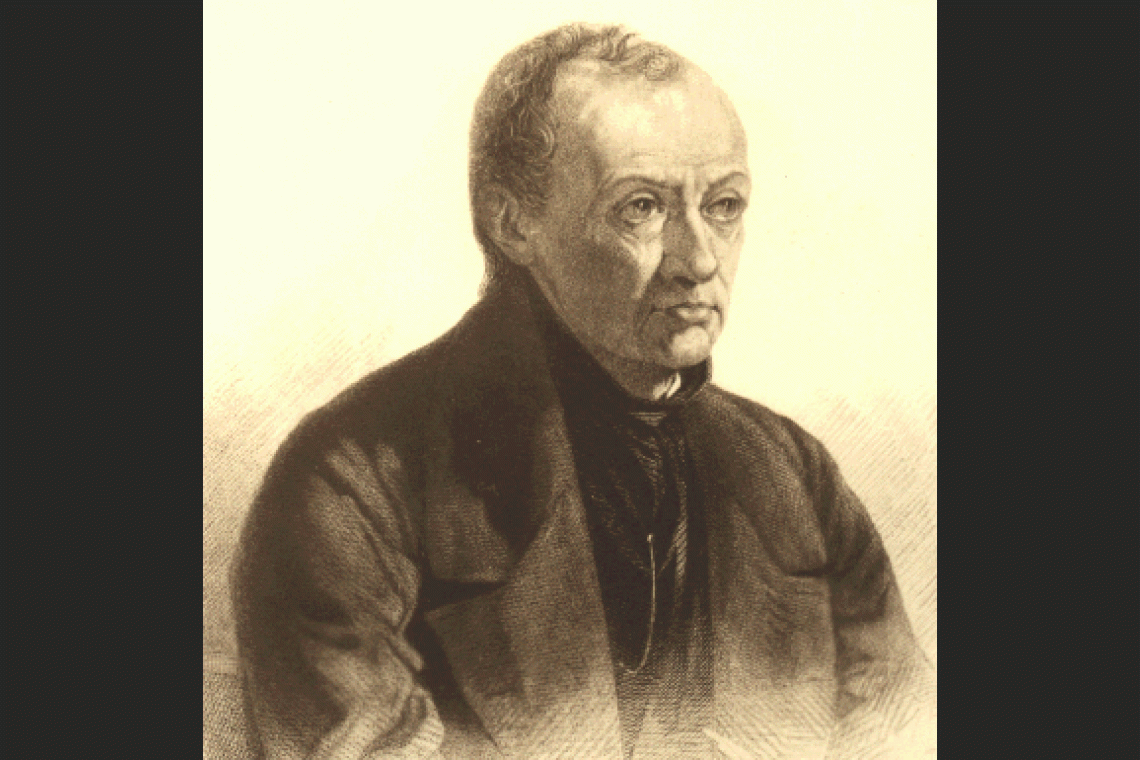
Auguste Comte (1798–1857) was a French philosopher and writer who formulated the doctrine of positivism. He is often regarded as the first philosopher of science in the modern sense of the term.
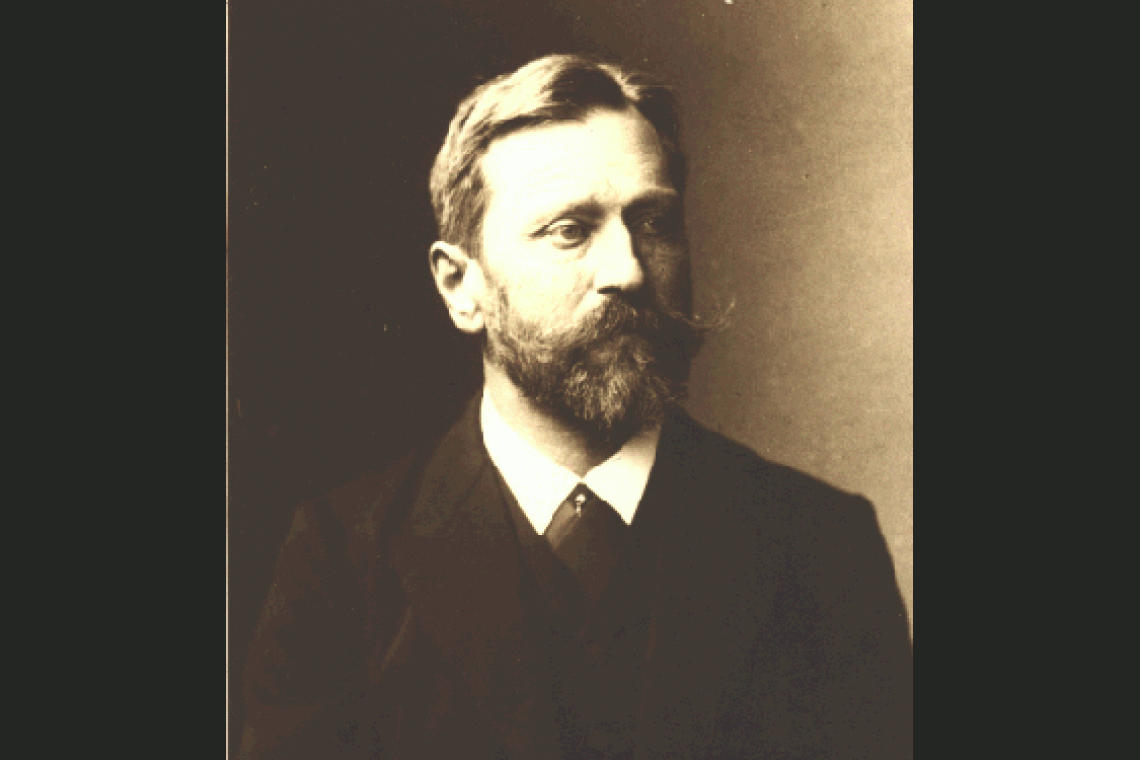
Johannes Conrad (1839–1915) was a German political economist. Johannes Conrad was a professor of economics in Halle, Prussian Germany. He was a cofounder of the important Verein für Socialpolitik in 1872.
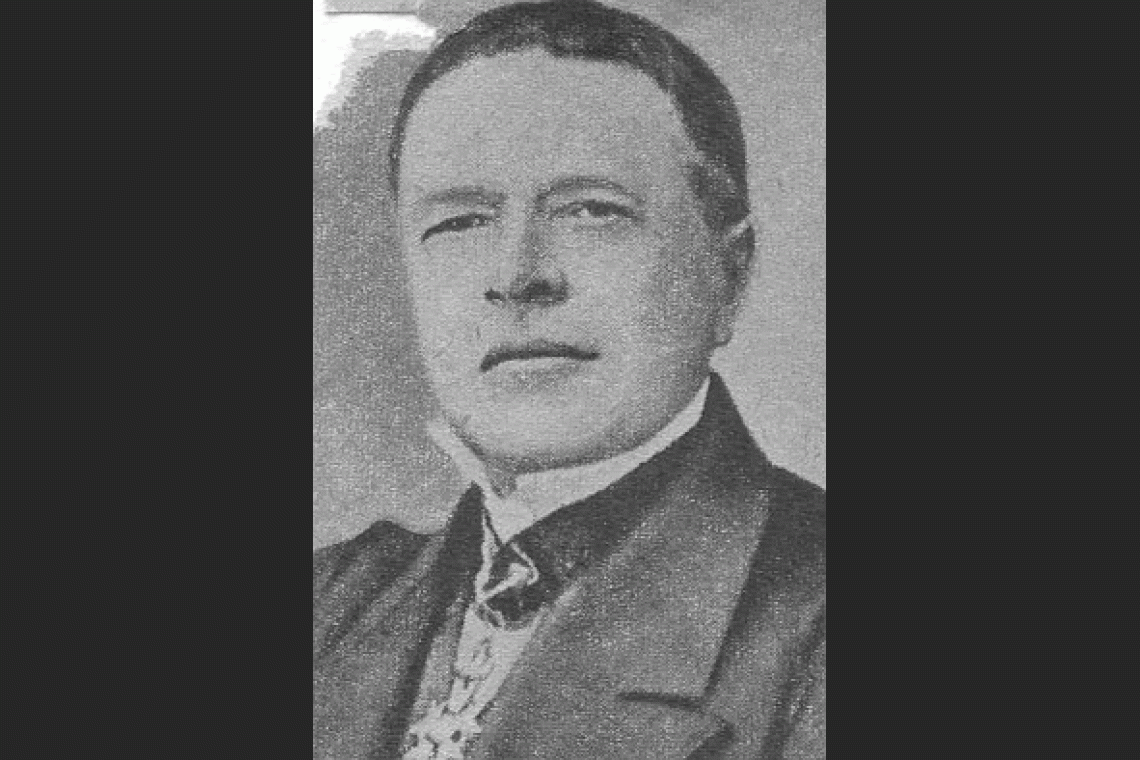
Augustin Cournot (1801–77) was a French philosopher and mathematician. His "Researches on the Mathematical Principles of the Theory of Wealth" (1838) applies the formulas and symbols of mathematics in economic analysis.
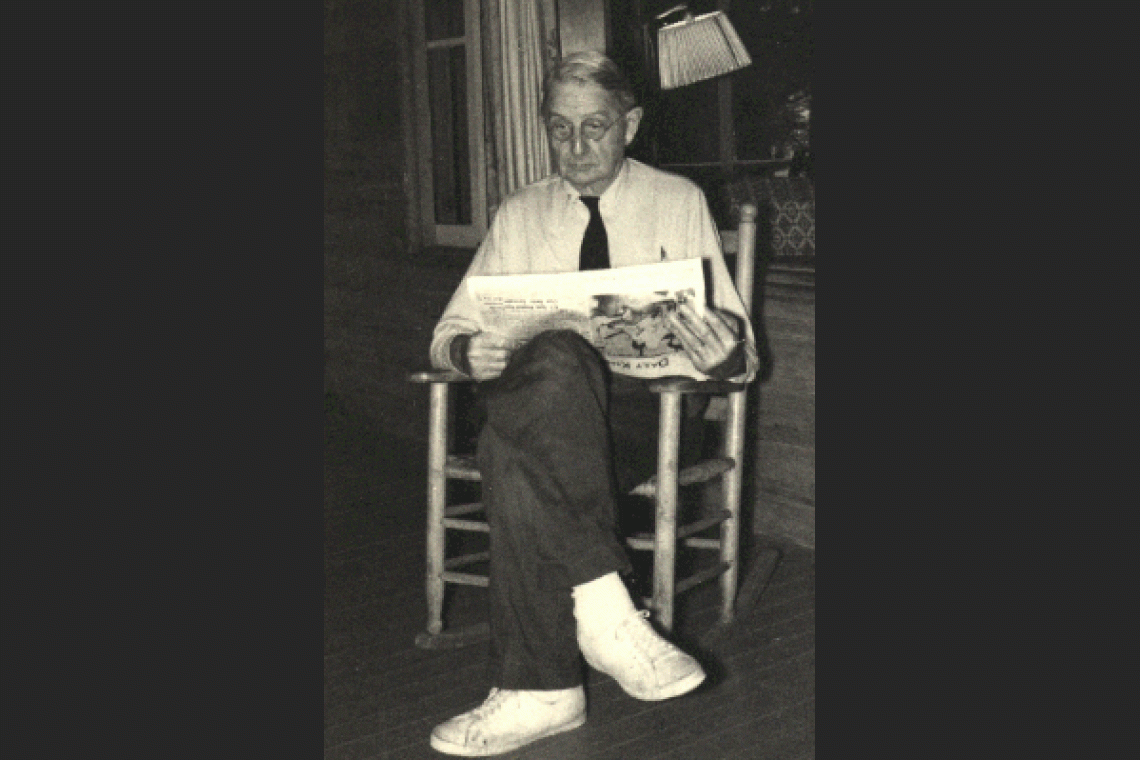
John Maurice Clark (1884–1963) was an American economist whose work combined the rigor of traditional economic analysis with an "institutionalist" attitude.
Economists D-K
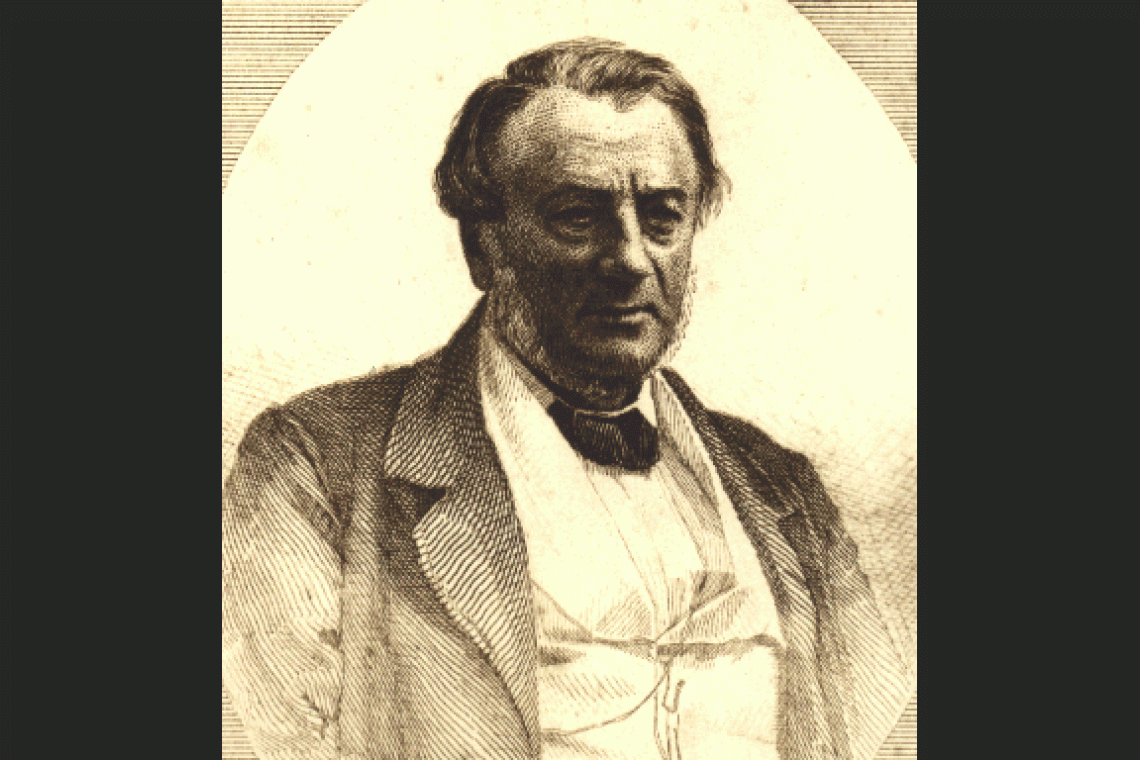
Prosper Enfantin (1796–1864) was a French social reformer, one of the founders of Saint-Simonianism. He was also a proponent of a Suez canal.
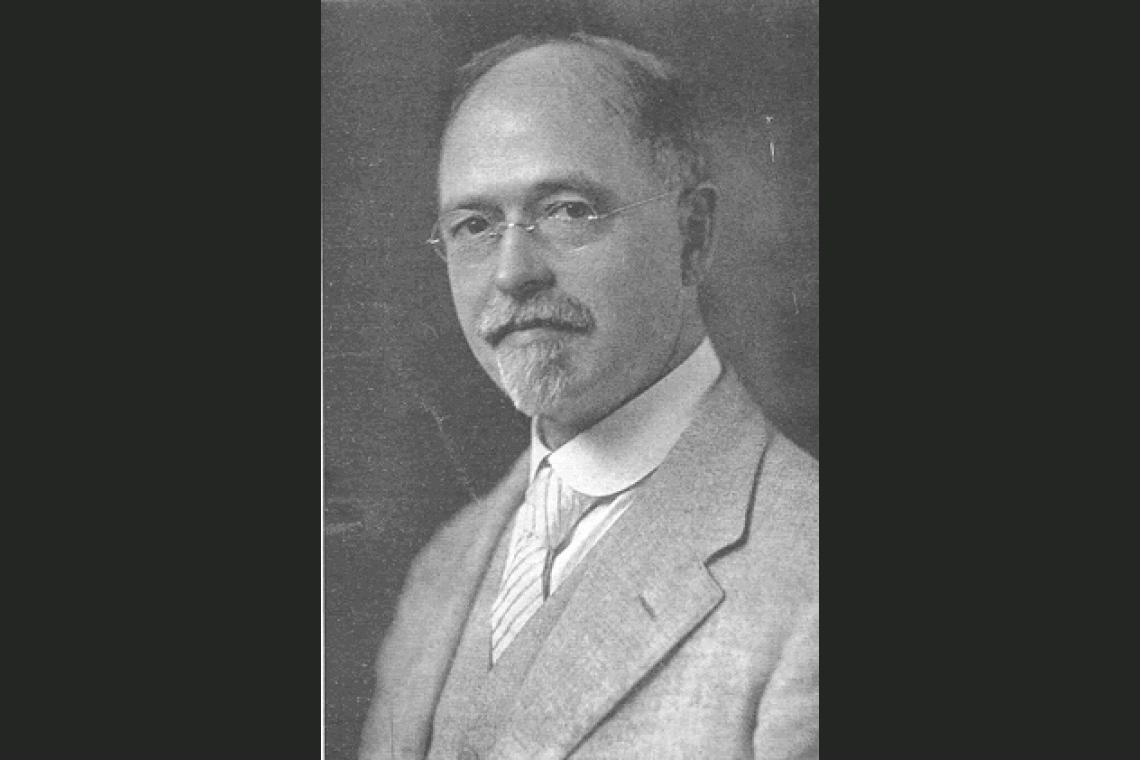
Irving Fisher (1867–1947) was an American economist, statistician, inventor, eugenicist, and progressive social campaigner. He was one of the earliest American neoclassical economists.
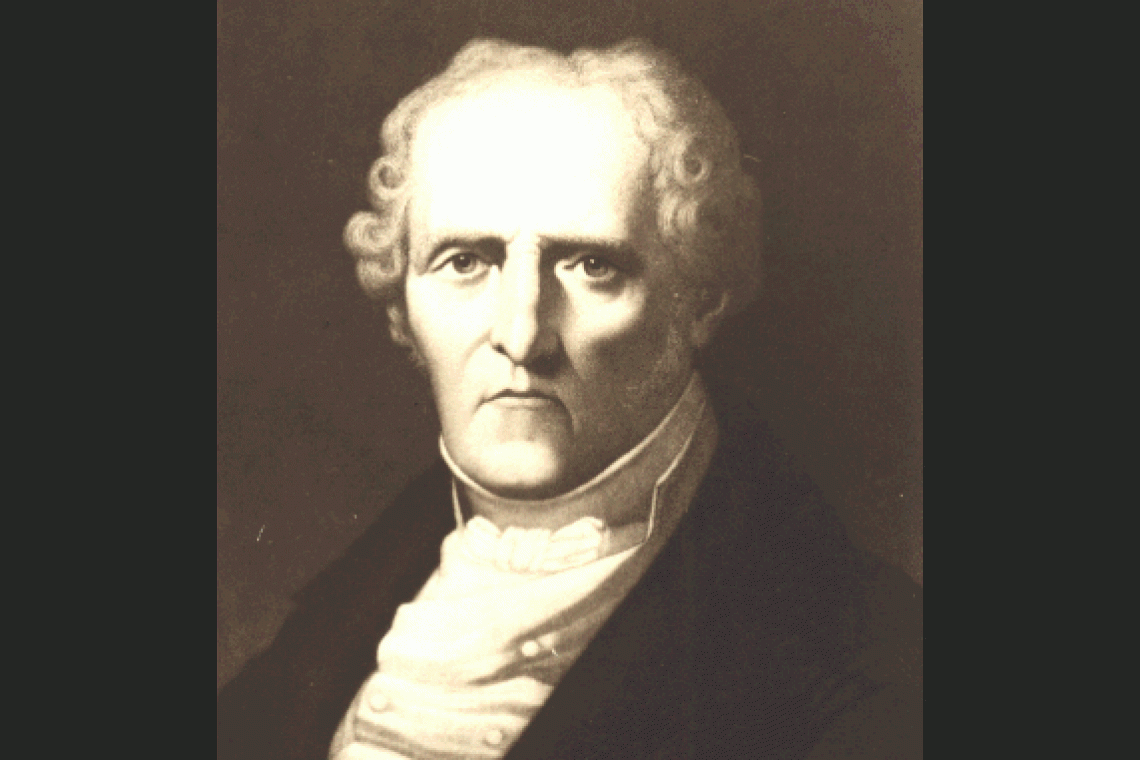
Francois Marie Charles Fourier (1772–1837) was a French philosopher, an influential early socialist thinker, and one of the founders of utopian socialism.
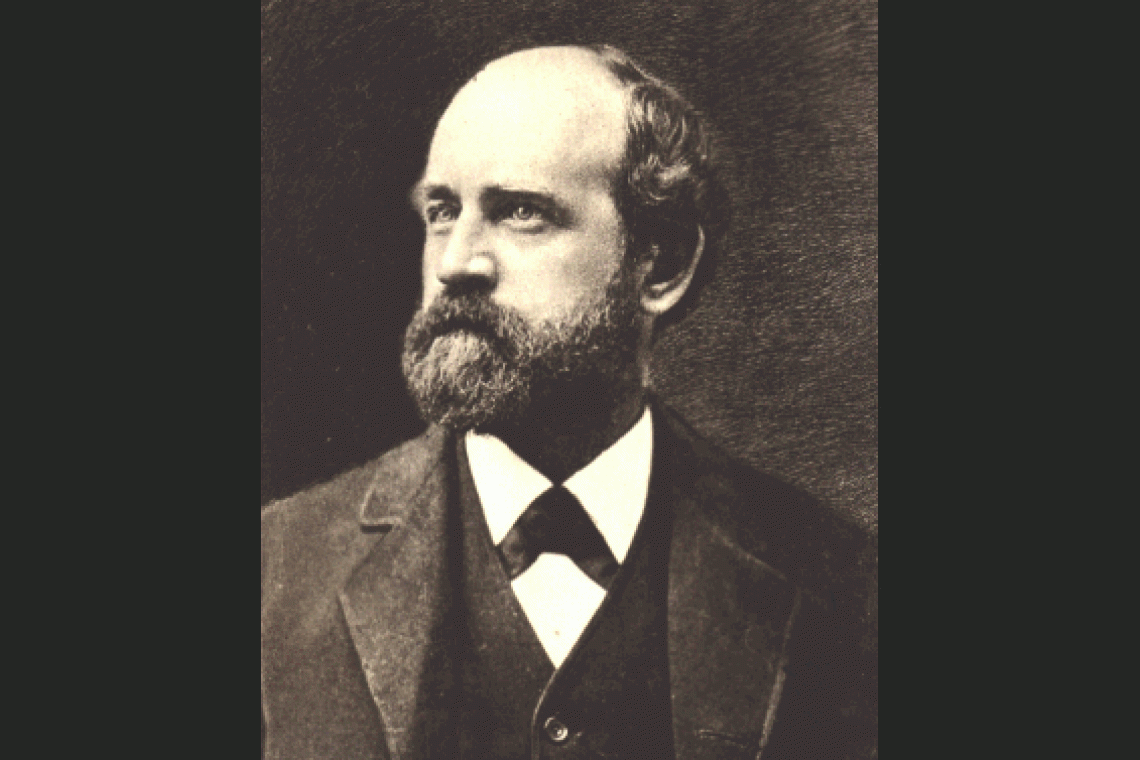
Henry George (1839–97) was an American political economist and journalist who argued that the value derived from land (including natural resources) should belong equally to all members of society.
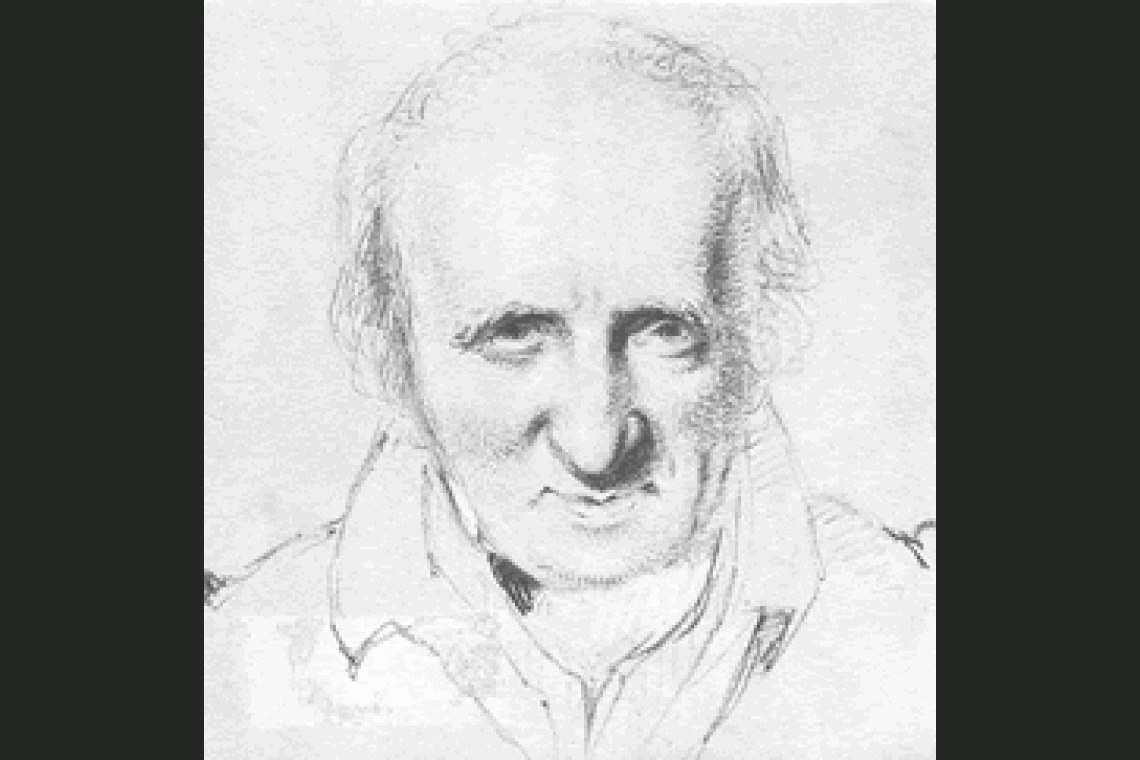
William Godwin (1756–1836) was an English journalist, political philosopher, and novelist. He is considered one of the first exponents of utilitarianism and the first modern proponent of anarchism.
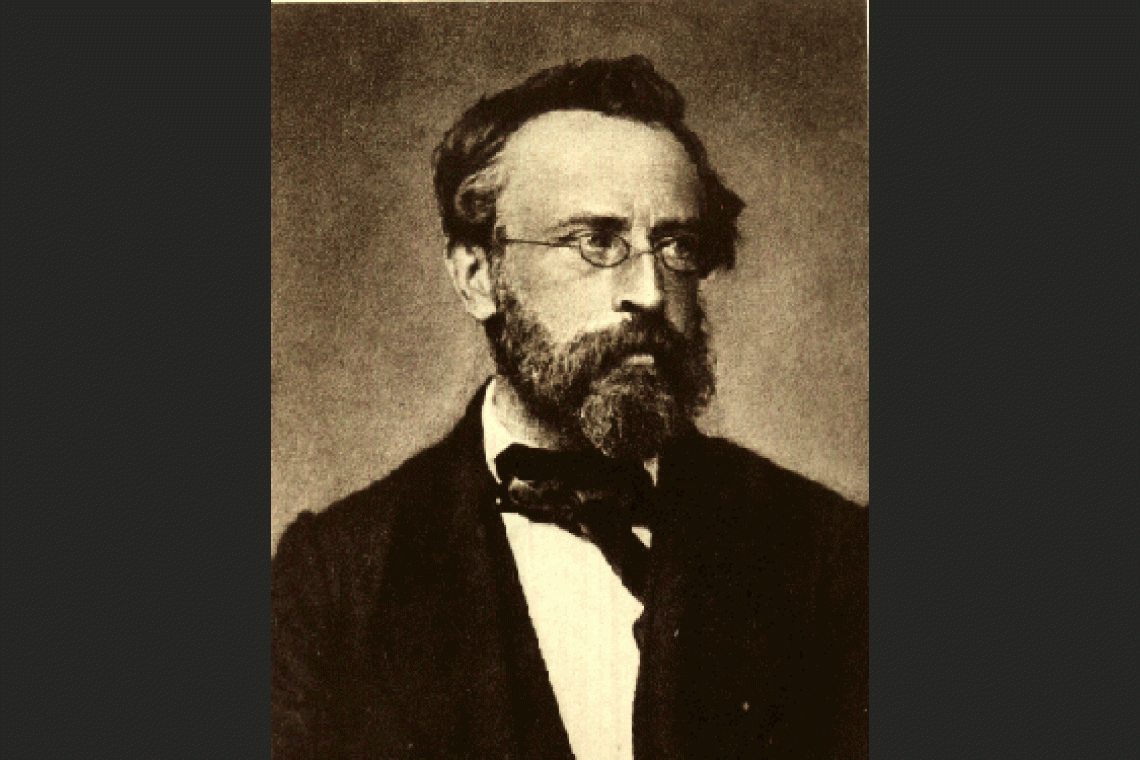
Bruno Hildebrand (1812–78) was a German economist representing the "older" historical school of economics. His economic thinking was highly critical of classical economists, especially of David Ricardo.
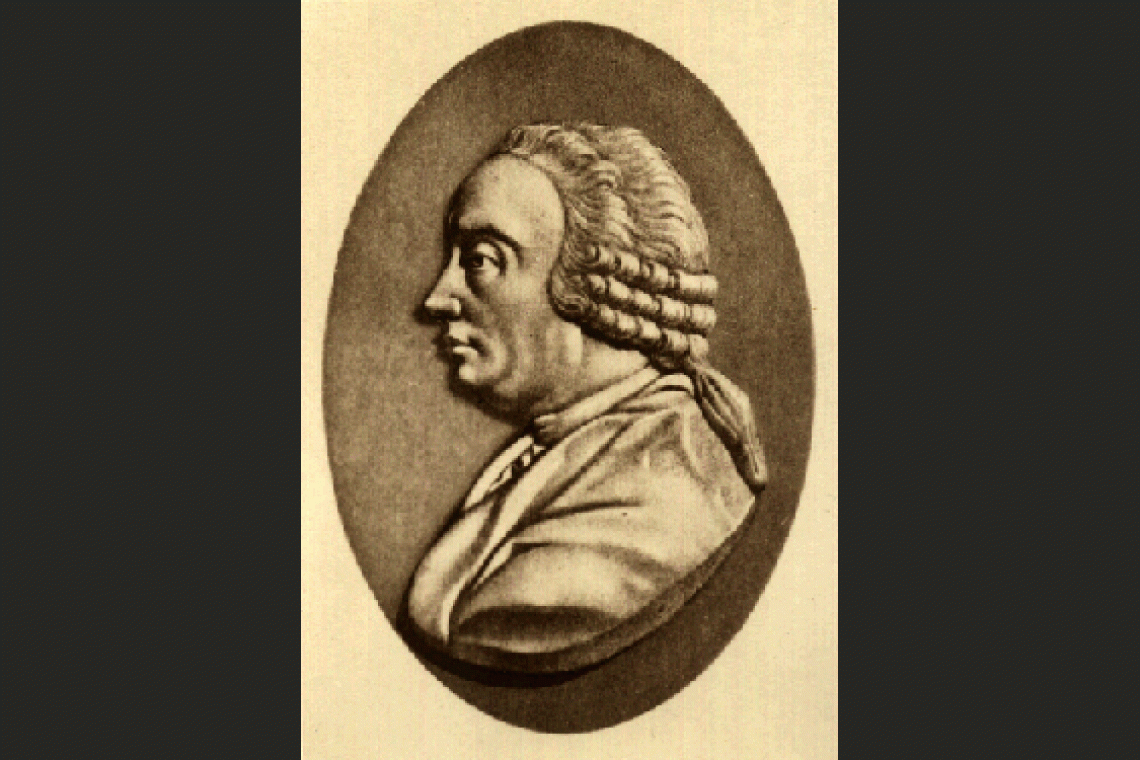
David Hume (1711–76) was a Scottish Enlightenment philosopher, historian, economist, librarian, and essayist who is best known today for his system of philosophical empiricism, skepticism, and naturalism.
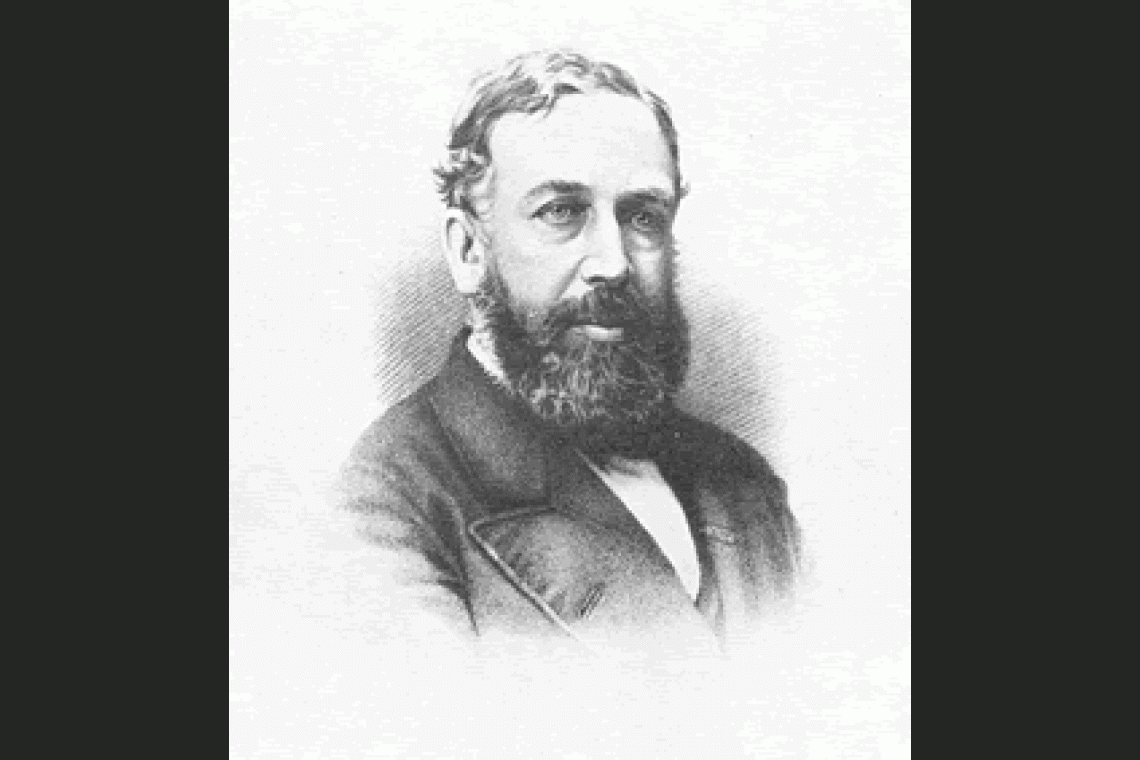
William Stanley Jevons (1835–82) was an English economist and logician. His "Theory of Political Economy" (1871) helped usher in the marginal revolution.
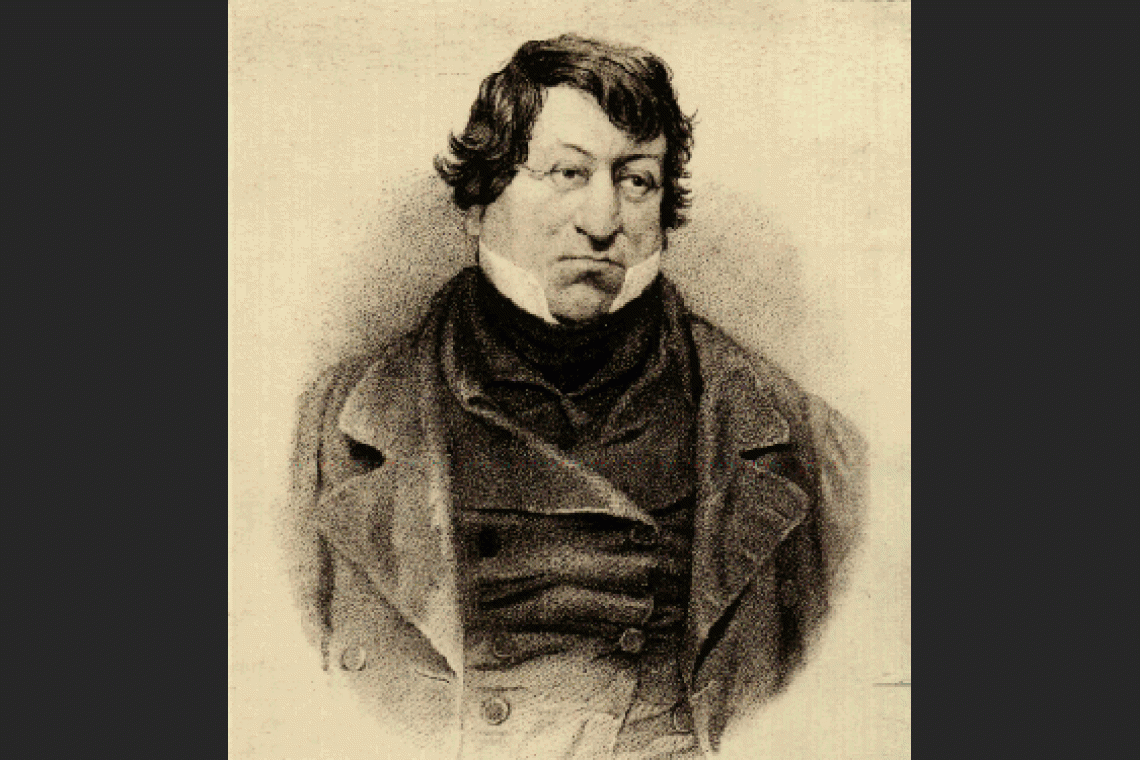
Richard Jones (1790–1855) was an English economist who criticised the theoretical views of David Ricardo and T. R. Malthus on economic rent and population.
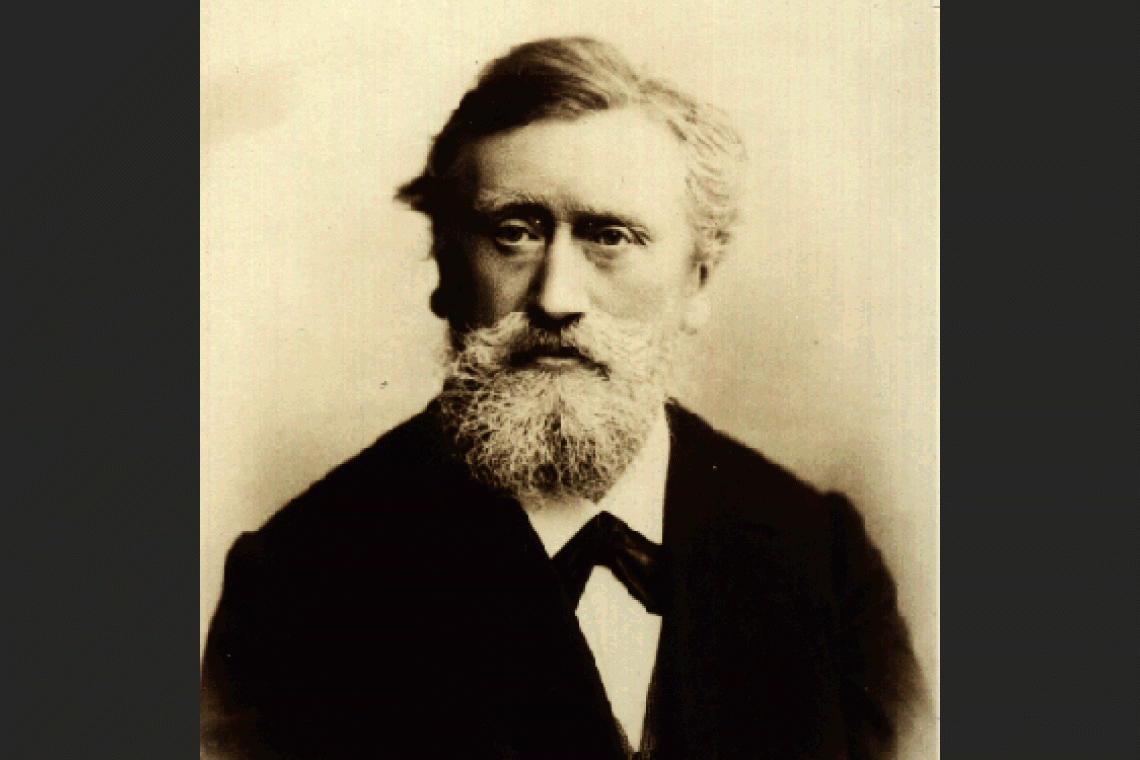
Adolf Knies (1821–98) was a German economist of the historical school of economics, best known as the author of "Political Economy from the Standpoint of the Historical Method. "
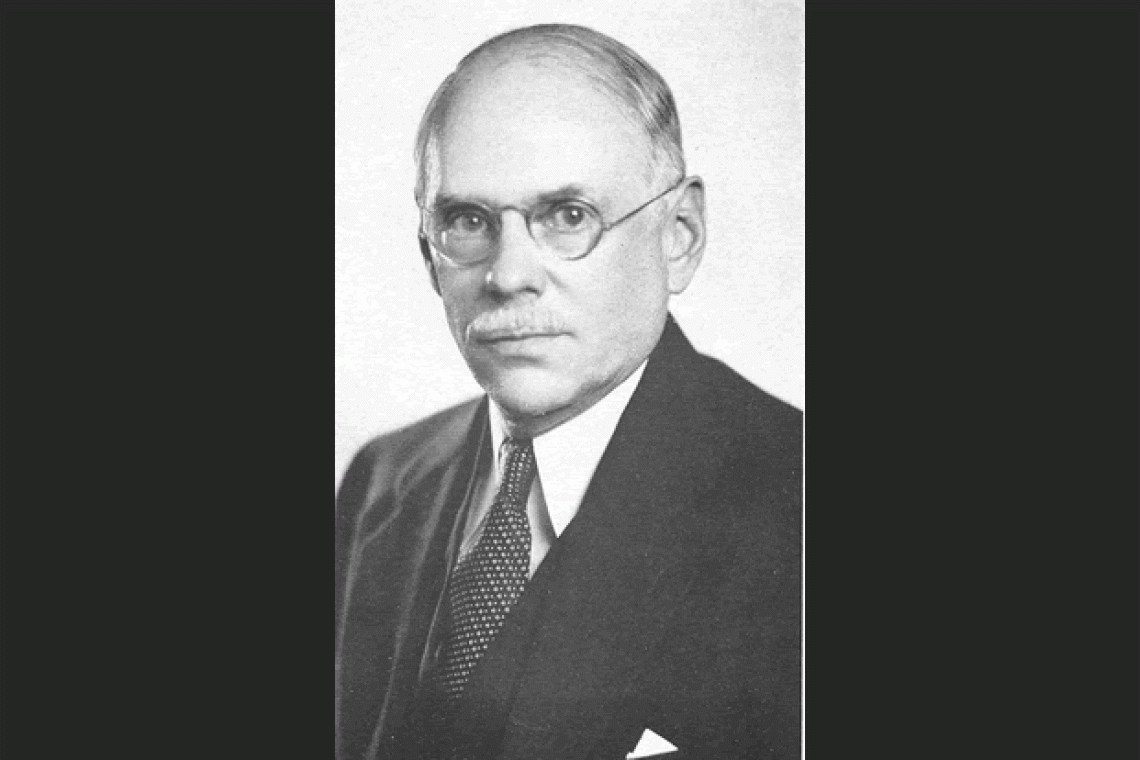
Frank H. Knight (1885–1972) was an American economist who spent most of his career at the University of Chicago. His best-known book is "Risk, Uncertainty, and Profit" (1921), in which he distinguished between economic risk and uncertainty.
Economists L-R
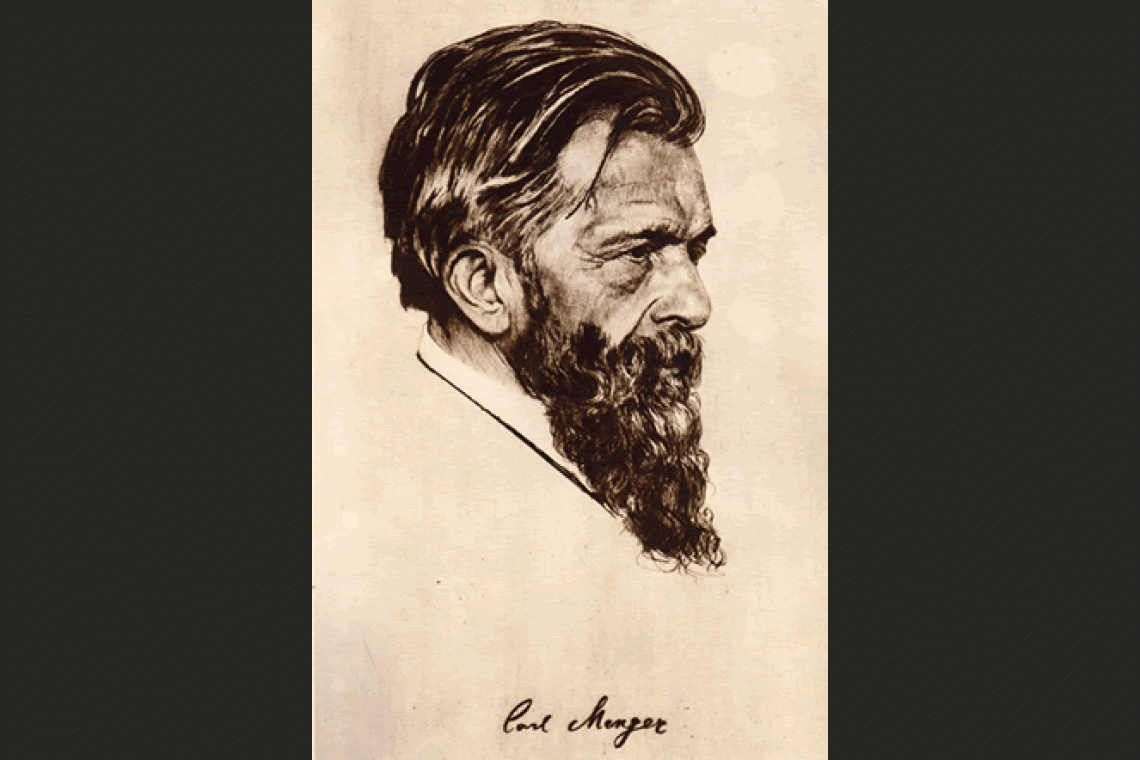
Carl Menger (1840–1921) was an Austrian economist and the founder of the Austrian school of economics. Menger contributed to the development of the theory of marginalism, which rejected the cost-of-production theories of value.
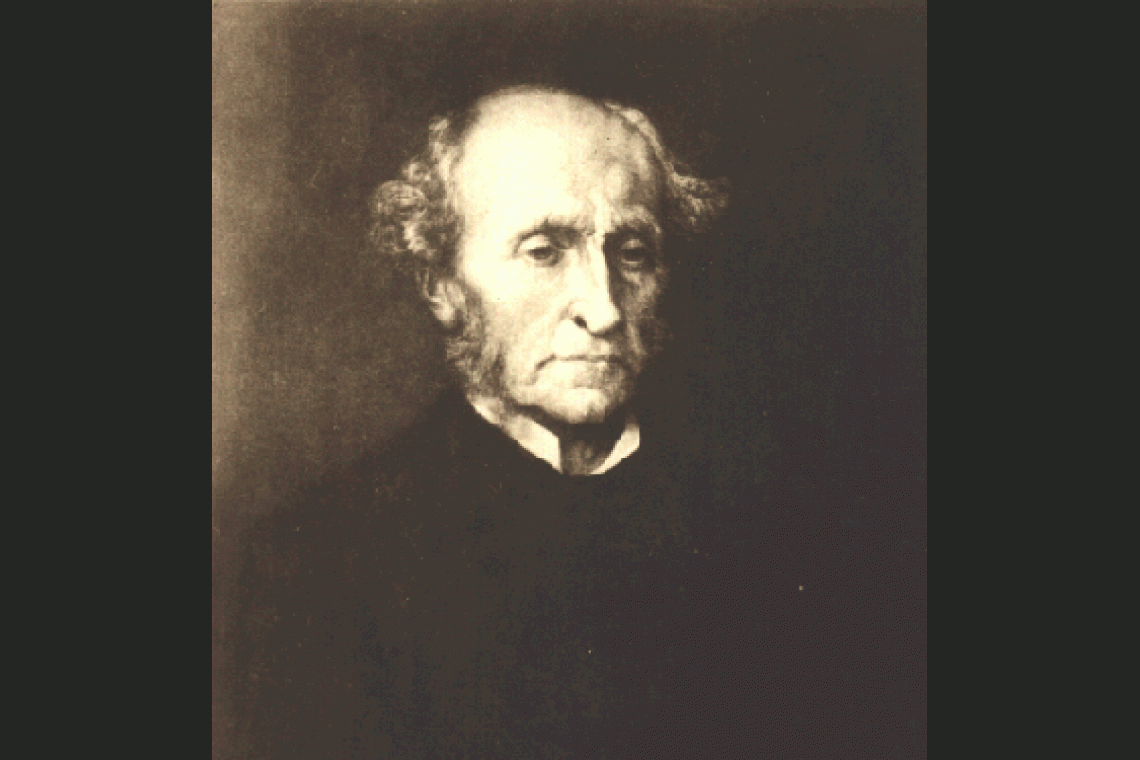
John Stuart Mill (1806–73) was an English philosopher and social theorist whose "Principles of Political Economy" (1848) was the standard textbook for many years.

Wesley C. Mitchell (1874–1948) was an American economist known for his empirical work on business cycles and for guiding the National Bureau of Economic Research in its early years.
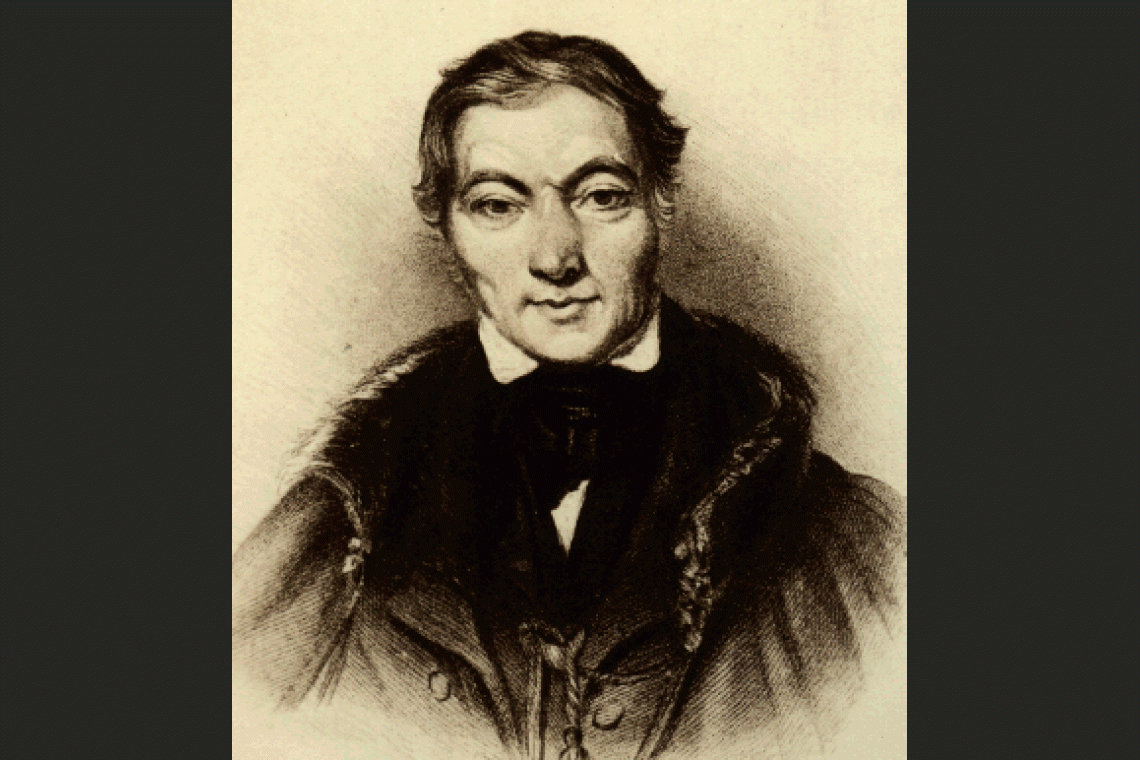
Robert Owen (1771–1858), a Welsh textile manufacturer, philanthropist, and social reformer, was one founder of utopian socialism and the cooperative movement.
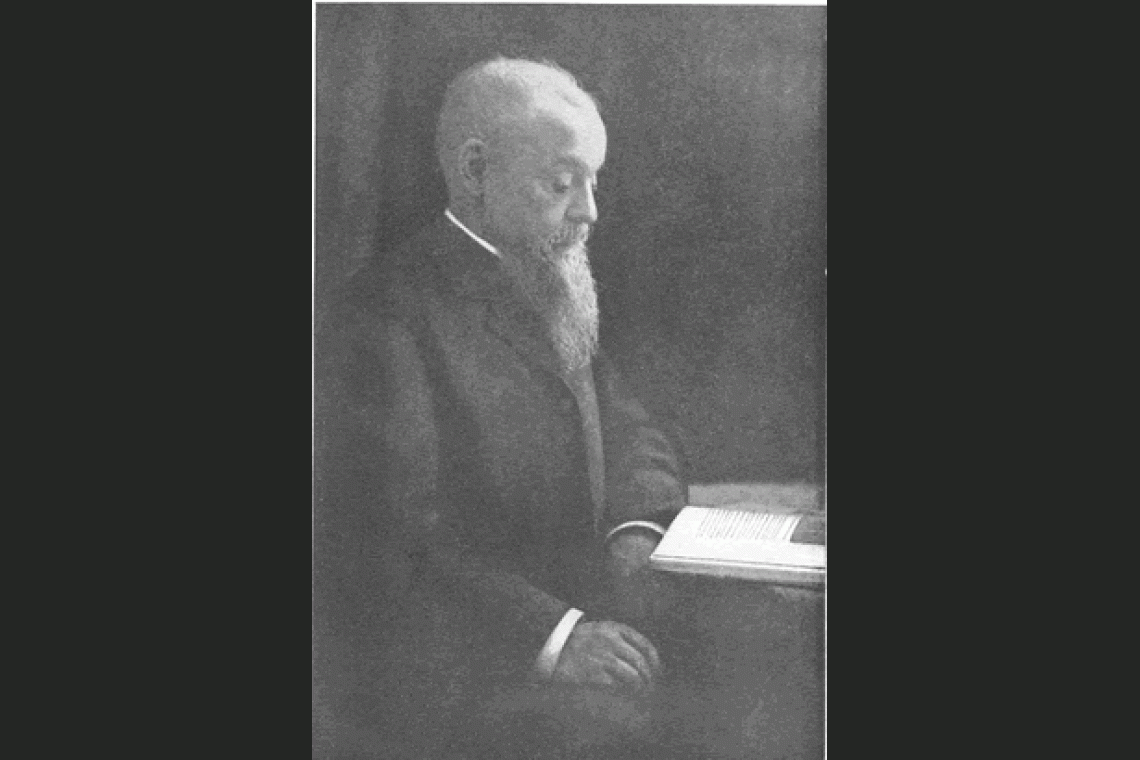
Vilfredo Pareto (1848–1923) was an Italian civil engineer, sociologist, economist, political scientist, and philosopher. He made several important contributions to economics, particularly in the study of income distribution and in the analysis of choice.
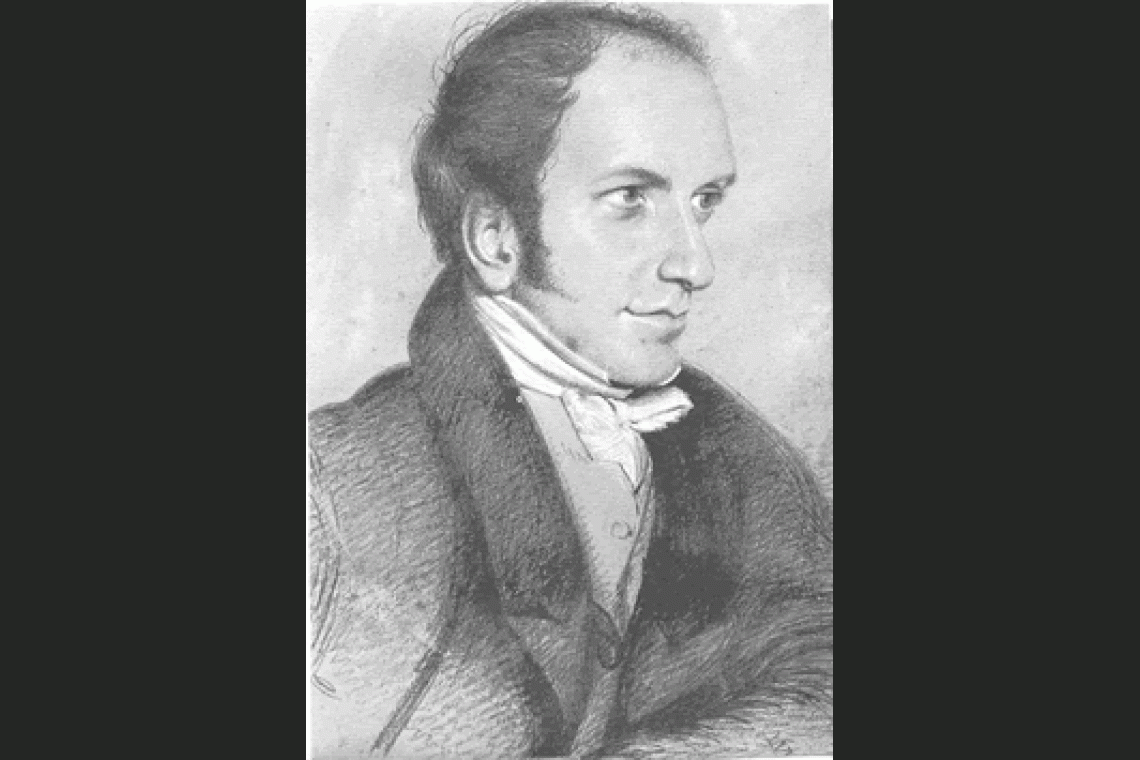
John R. McCulloch (1789–1864) was a Scottish economist, author and editor, widely regarded as the leader of the Ricardian school of economists after the death of David Ricardo in 1823.
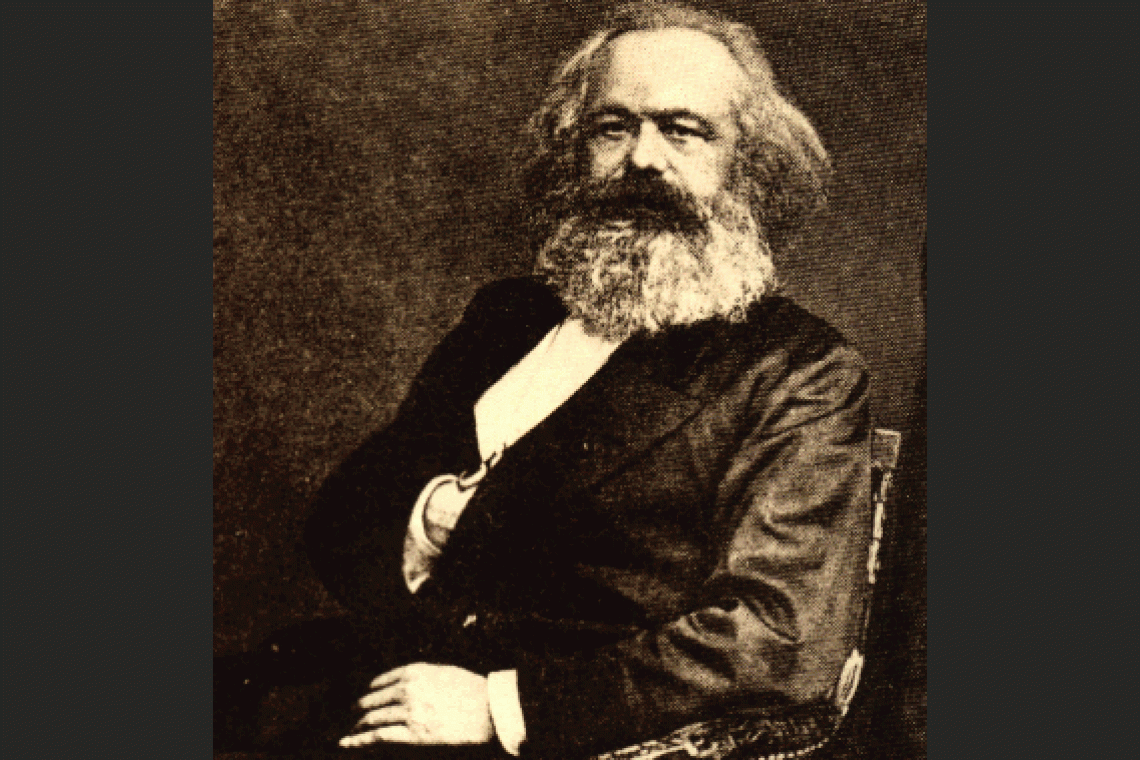
Karl Marx (1818–83) was a German philosopher, economist, historian, sociologist, political theorist, journalist, and socialist revolutionary best known for his comprehensive critique of capitalism.
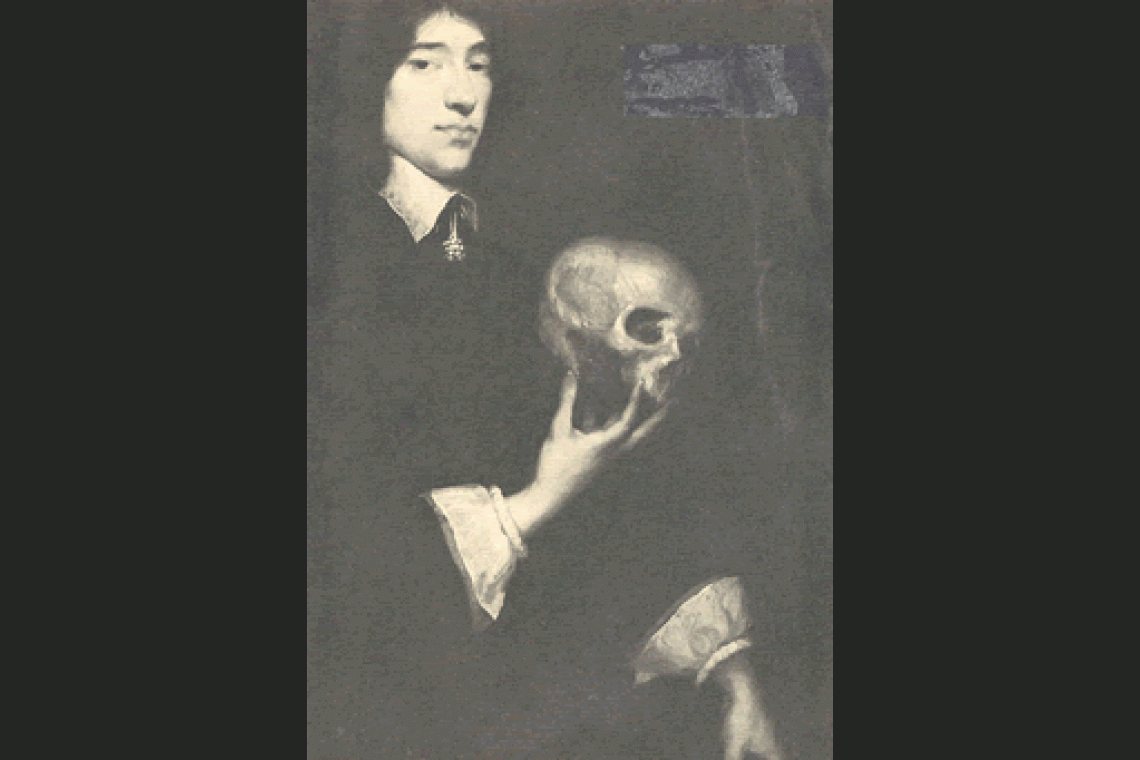
William Petty (1623–87) was an English mercantilist and the founder of "political arithmetic."
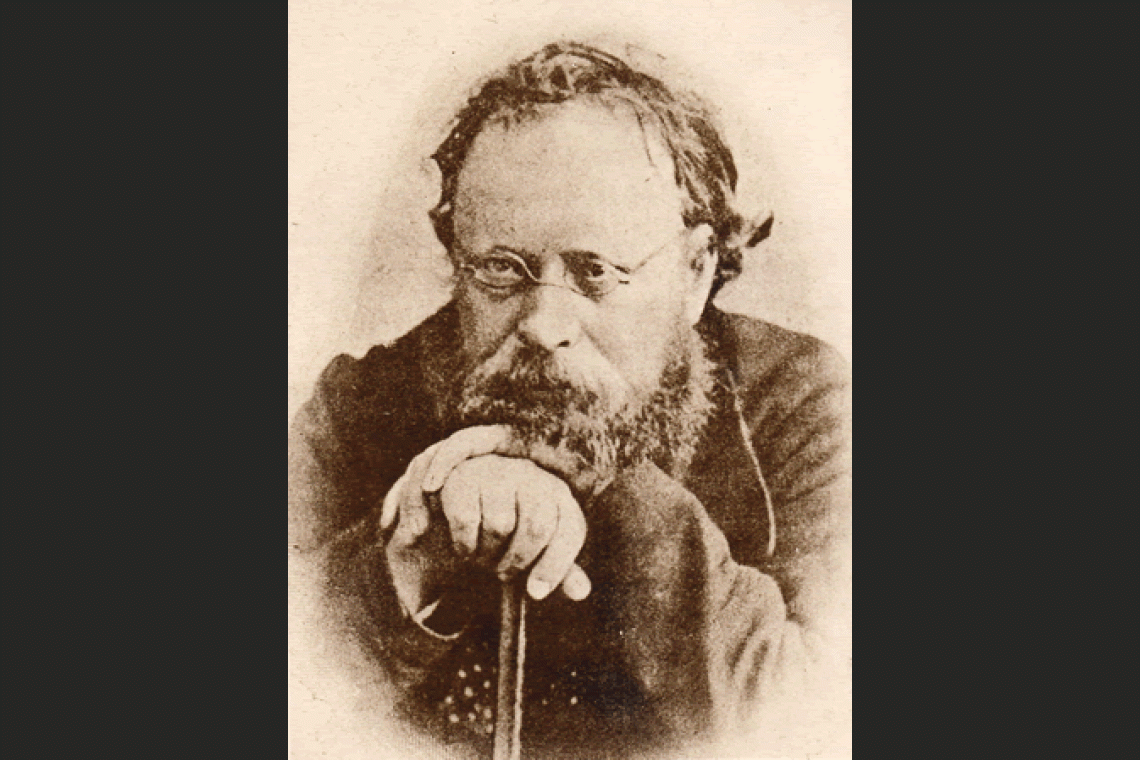
Pierre Joseph Proudhon (1809–65) was a French socialist, politician, philosopher, economist, and the founder of mutualist philosophy. He is widely regarded as one of anarchism's most influential theorists.
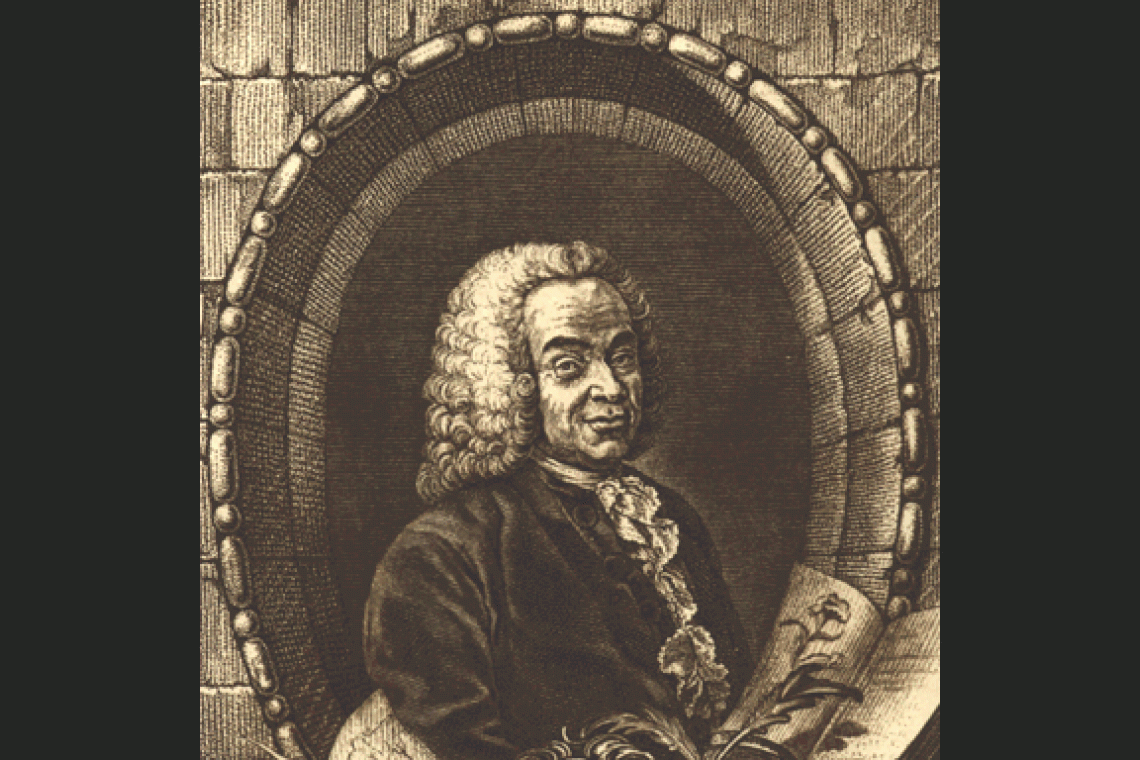
Francois Quesnay (1694–1774) was a French economist and physician of the physiocratic school. He is known for publishing the "Tableau économique" in 1758, which provided the foundations of the ideas of the physiocrats.
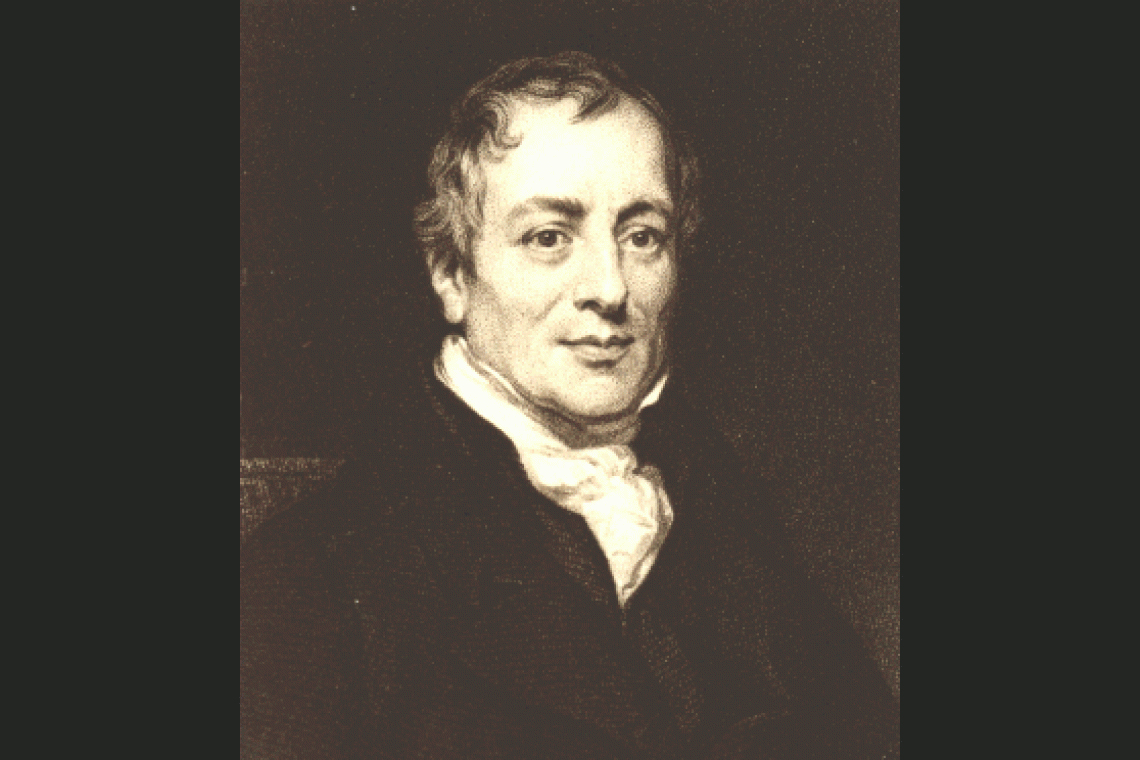
David Ricardo (1772–1823) was a British political economist and one of the most influential of all the classical economists. His development of the theory of comparative advantage still influences economics today.
Economists S-T
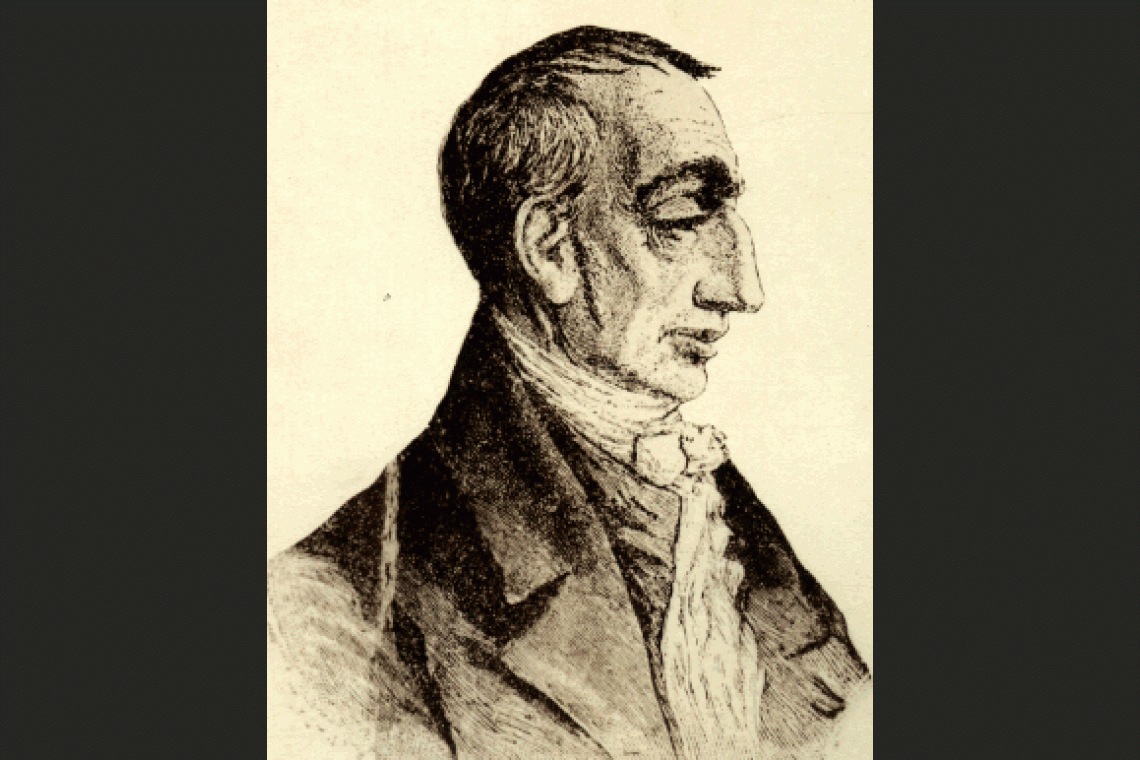
Claude-Henri de Rouvroy Saint-Simon (1760–1825) was a French political, economic, and socialist theorist and businessman. He held that growth in industrialization and scientific discovery would have profound changes on society.
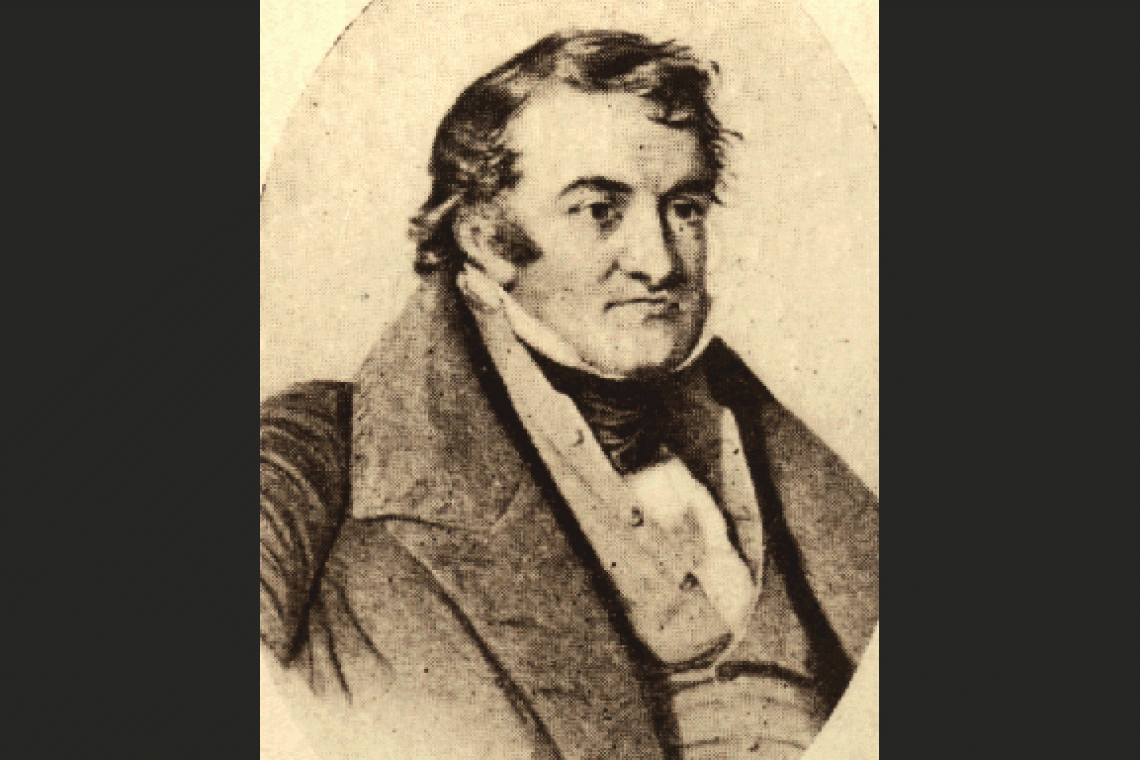
J. C. L. de Sismondi (1773–1842) was a Swiss historian and political economist who warned against the perils of unchecked industrialism.
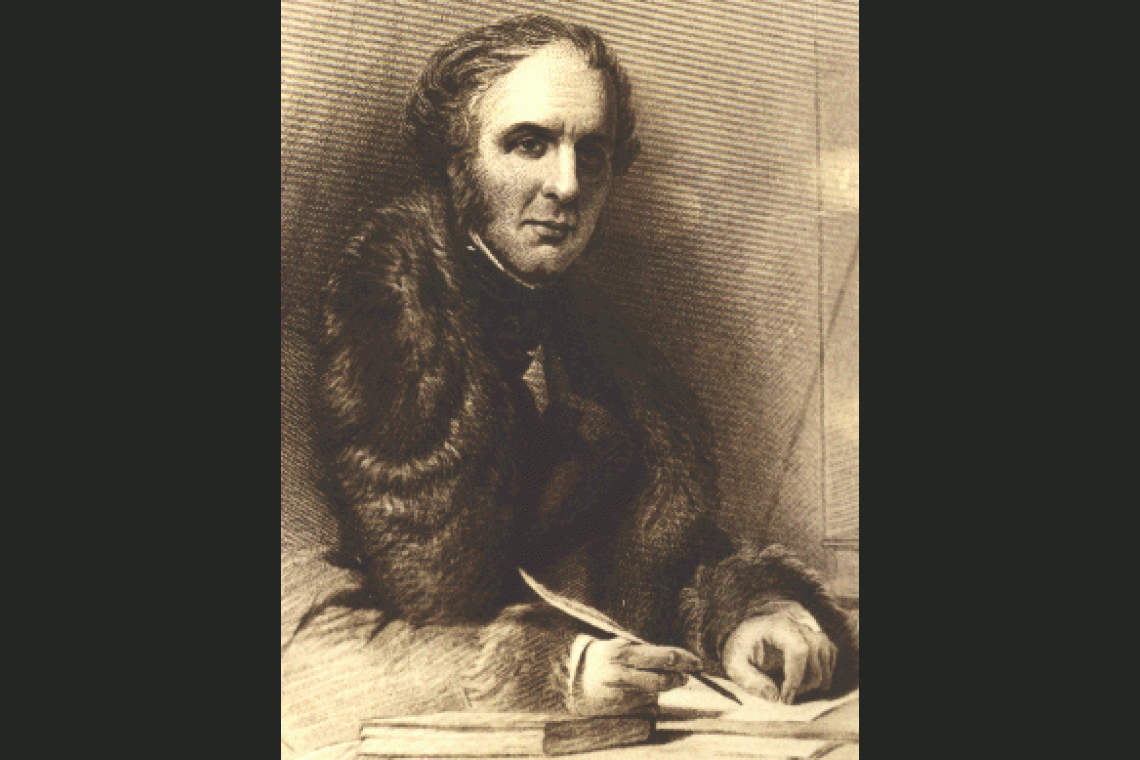
Nassau Senior (1790–1864) was a British classical economist who dissented from orthodox Ricardianism and formed the core of the "Oxford-Dublin" tradition of proto-marginalist economics.
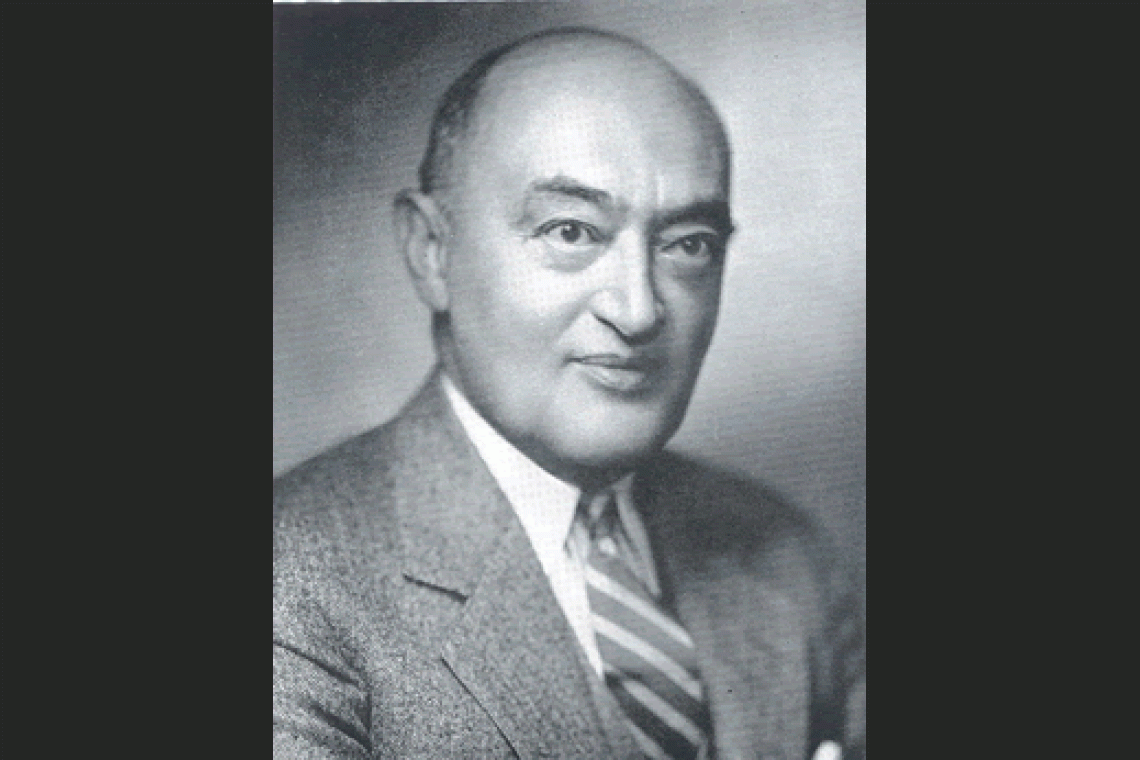
Joseph Schumpeter (1883–1950) was one of the most influential economists of the early 20th century. He is best known for his theories on business cycles and capitalist development and for introducing the concept of entrepreneurship.
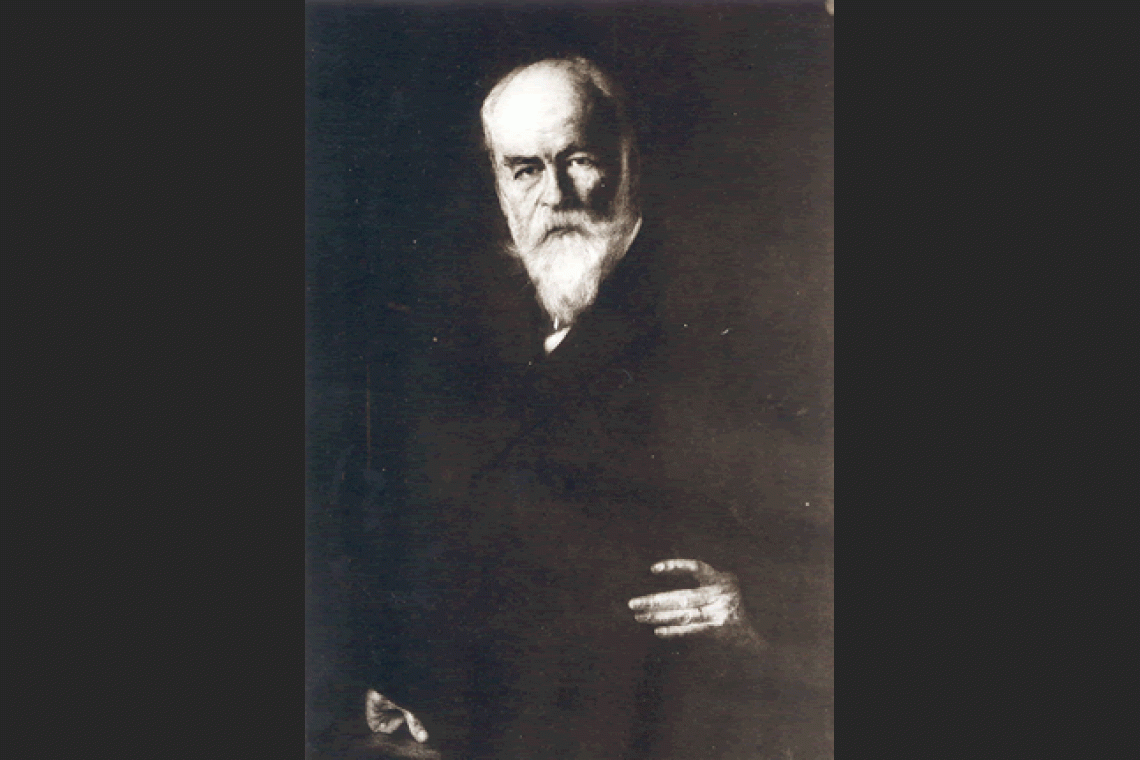
Gustav Schmoller (1838–1917) was the leader of the "younger" German historical school of economics. He was a leading Sozialpolitiker and a founder and longtime chairman of the Verein für Socialpolitik.
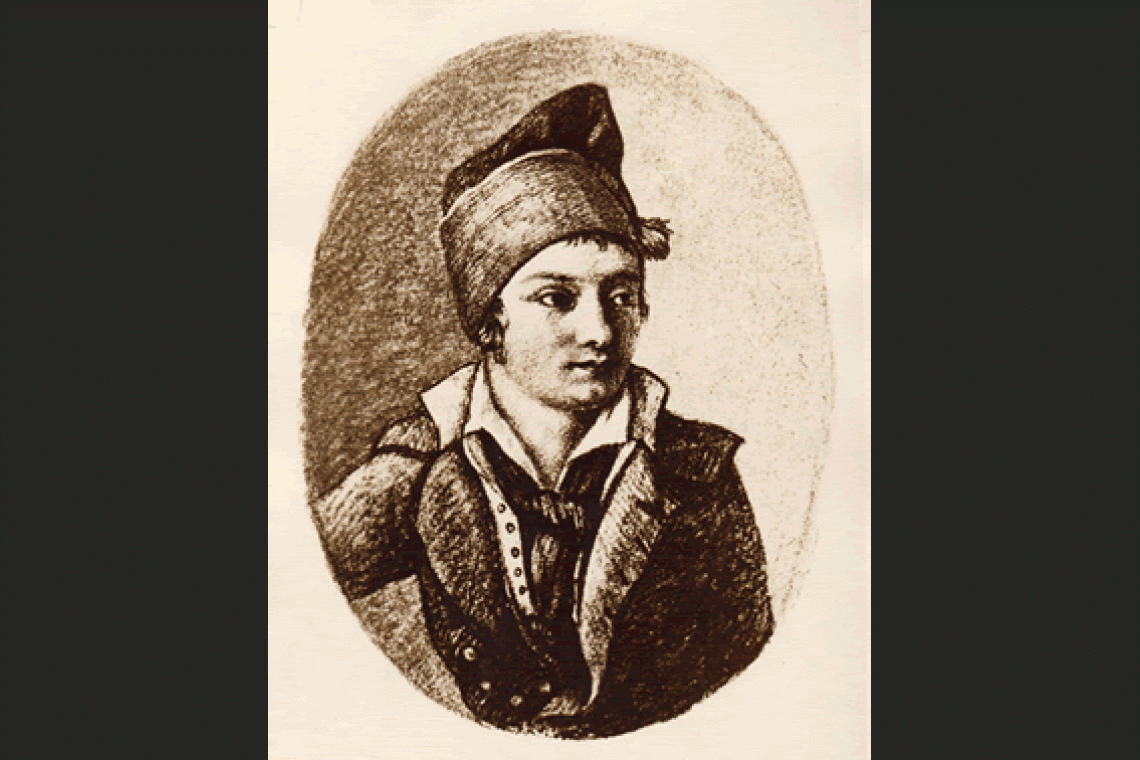
Jean-Baptiste Say (1767–1832) was a liberal French economist and businessman who argued in favor of competition, free trade, and lifting restraints on business. He is best known for Say's law—that supply creates demand.
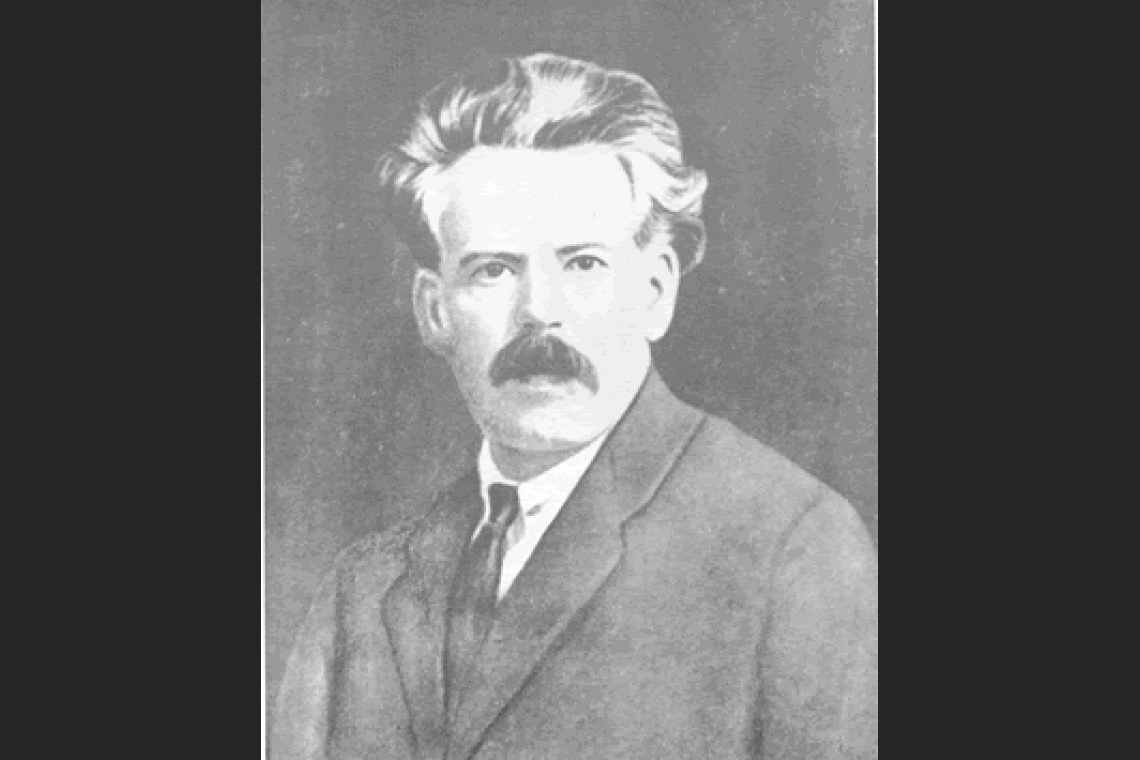
Eugen Slutsky (1880–1948) was a Russian and Soviet mathematical statistician, economist, and political economist.
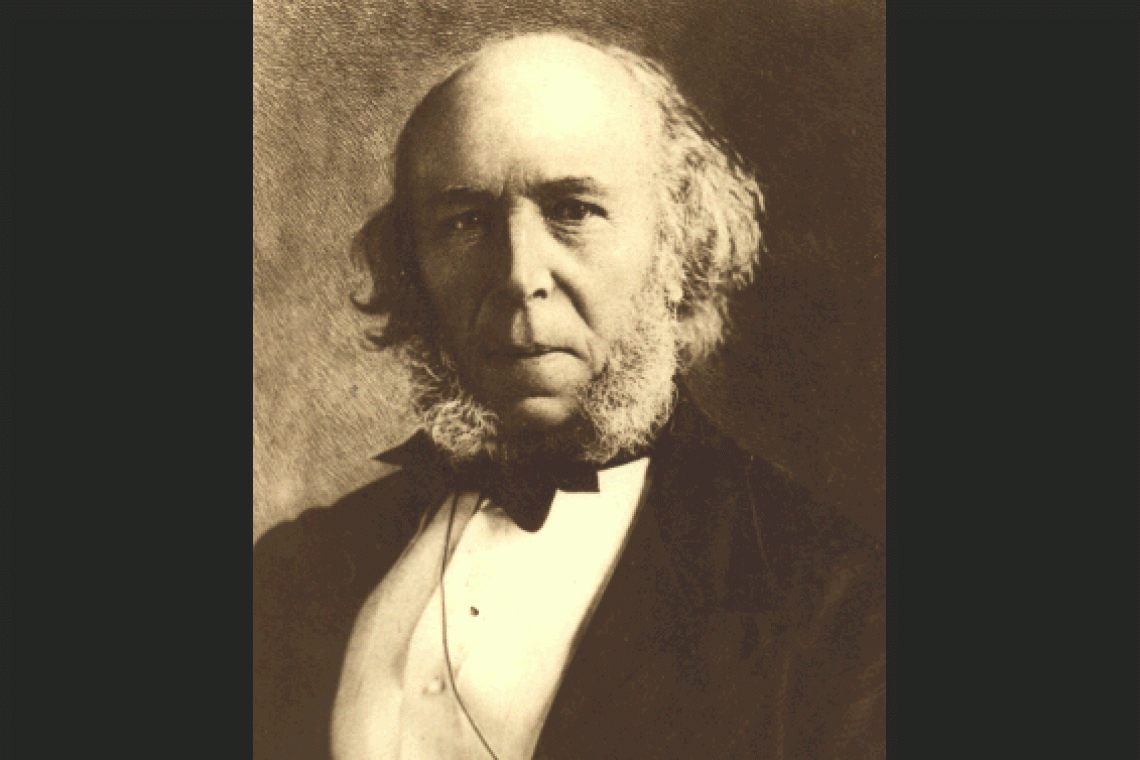
Herbert Spencer (1820–1903) was an English philosopher, biologist, anthropologist, and sociologist famous for his hypothesis of social Darwinism whereby superior physical force shapes history.

William Graham Sumner (1840–1910) was an American sociologist and economist and prolific publicist of Social Darwinism.

Fred M. Taylor (1855–1932) was a U.S. economist and educator best known for his contribution to the theory of market socialism.
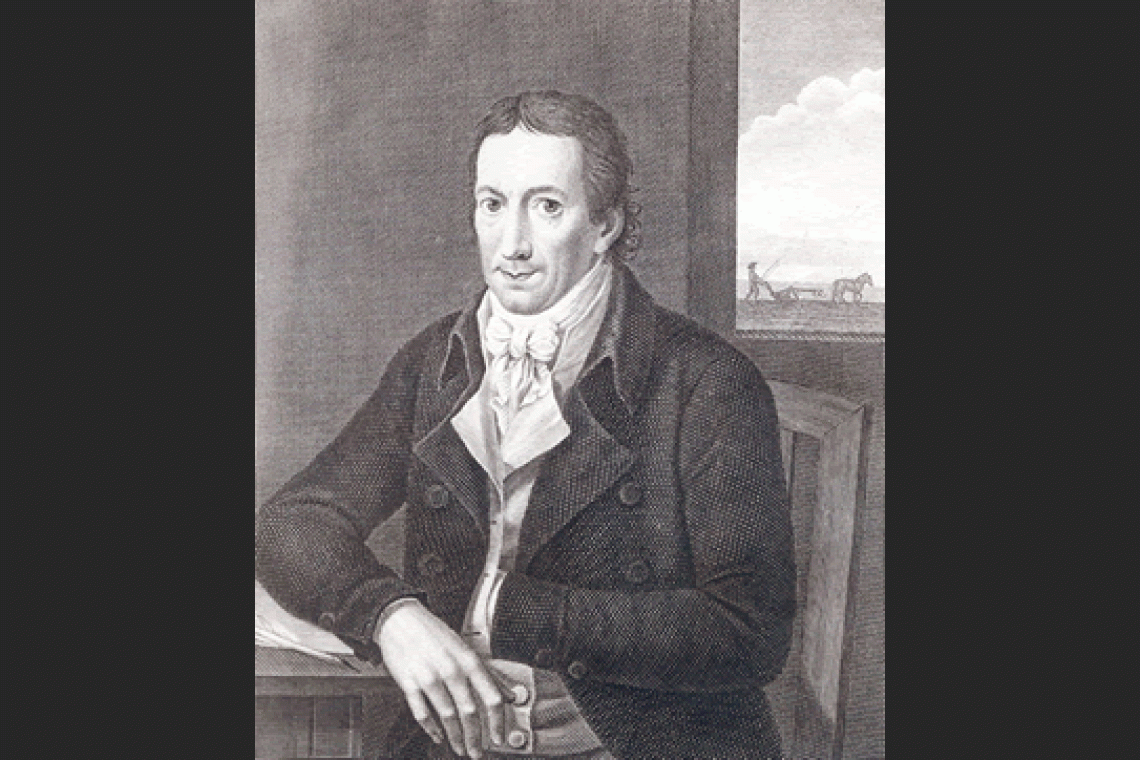
Albrecht D. Thaer (1752–1828) was a renowned German agronomist and an avid supporter of the humus theory for plant nutrition.
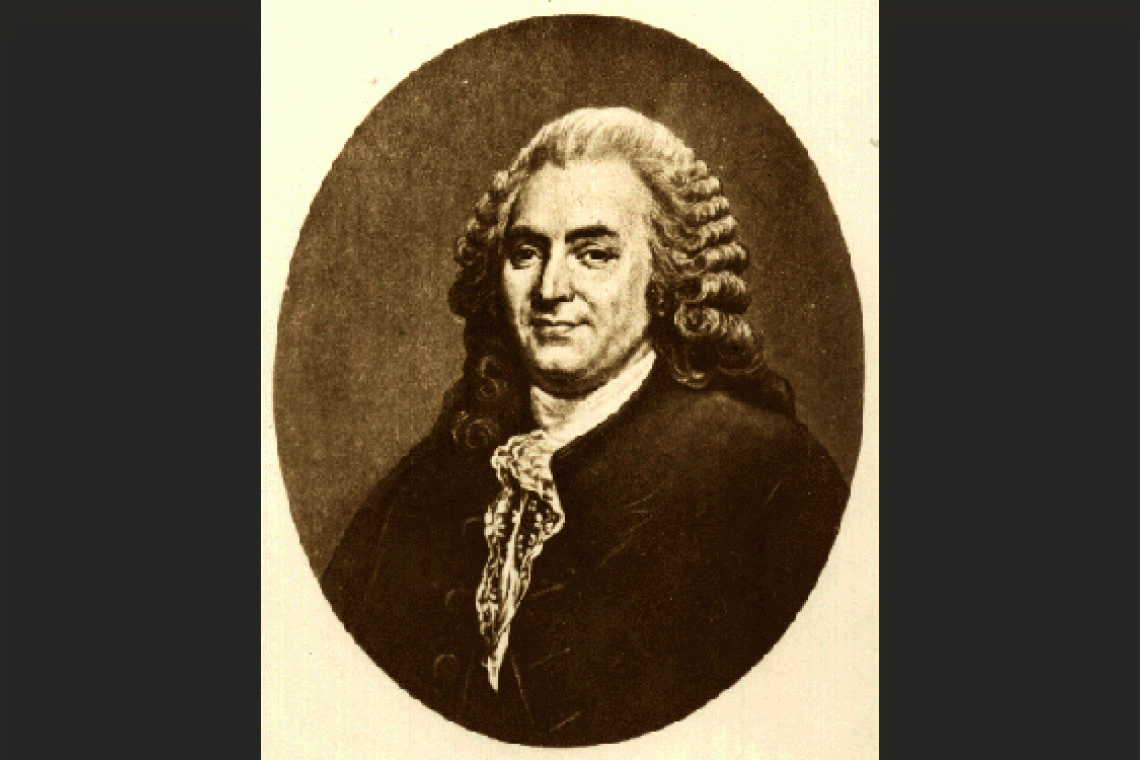
Anne Robert Jacques Turgot (1727–81) was a French economist and statesman. Originally considered a physiocrat, he is today best remembered as an early advocate for economic liberalism.
Economists U-Z
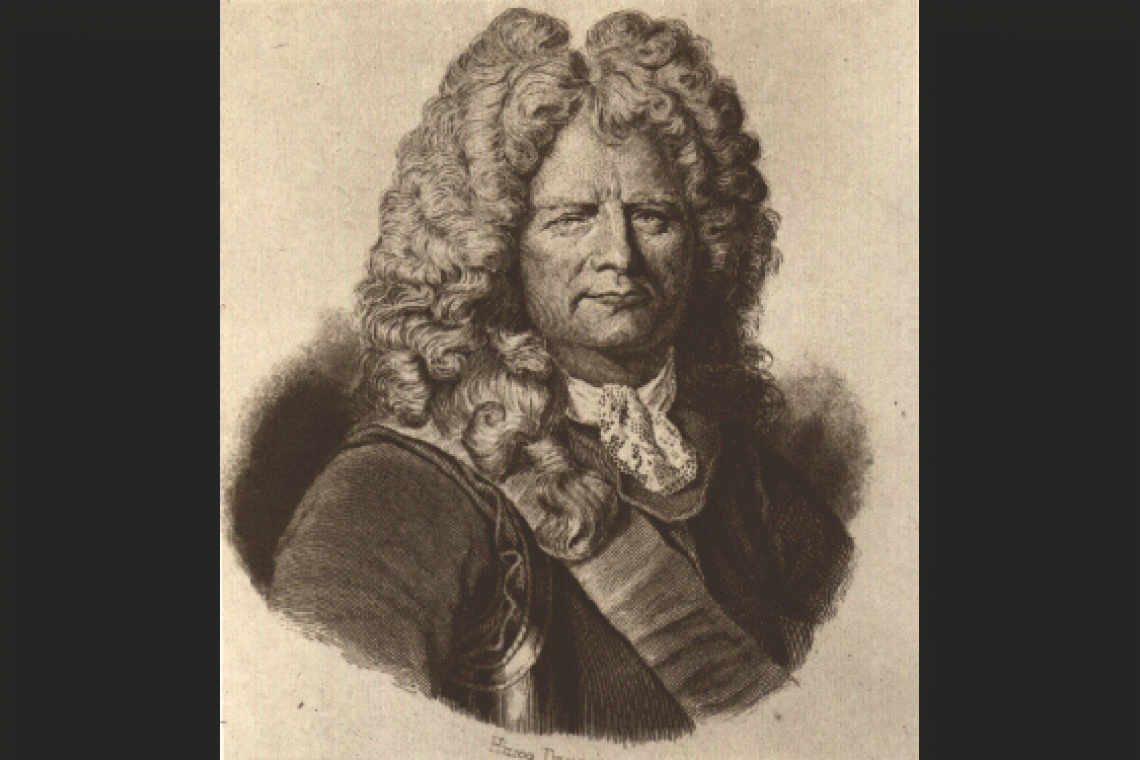
Marquis de Vauban (1633–1707) was a French military engineer who served under Louis XIV. He is generally considered the greatest engineer of his time. He used statistics in support of his arguments, making it a precursor of modern economics.

Thorstein Veblen (1857–1929) was an American economist and sociologist who emerged as a well-known critic of capitalism. In his best-known book, "The Theory of the Leisure Class," Veblen coined the concept of conspicuous consumption.
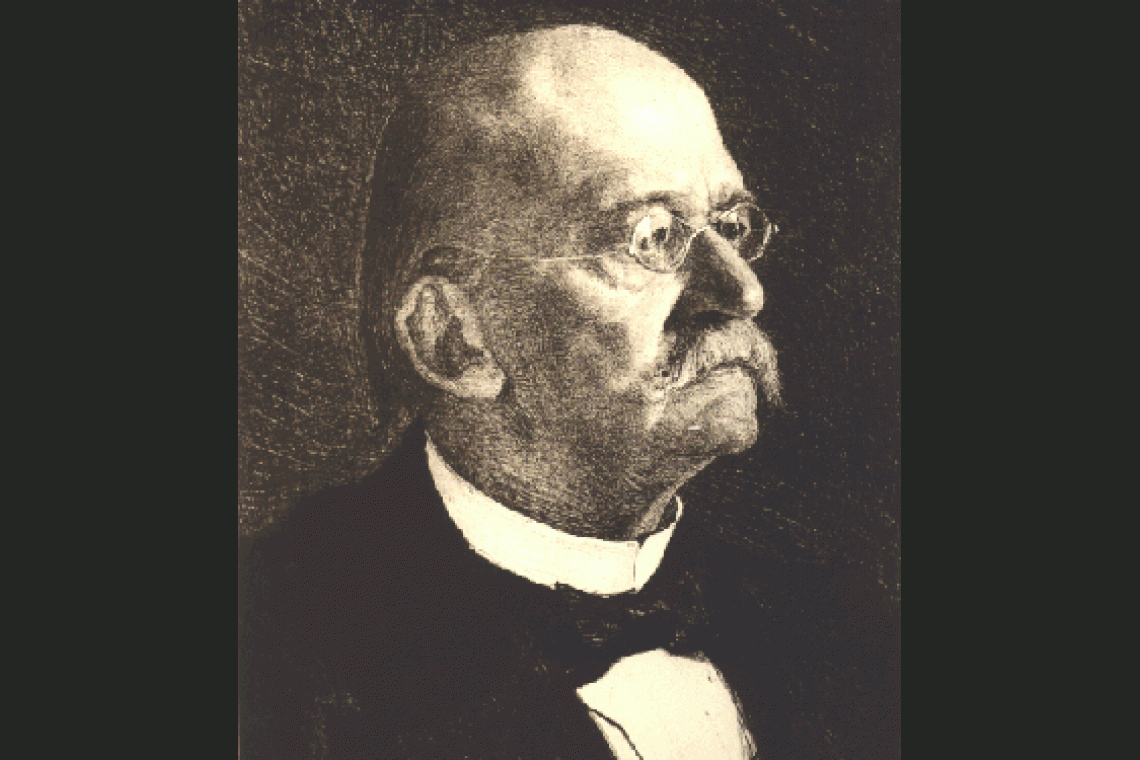
Adolph Wagner (1835–1917) was a German economist and politician, a leading Kathedersozialist (academic socialist), a public finance scholar, and an advocate of agrarianism. Wagner's law of increasing state activity is named after him.
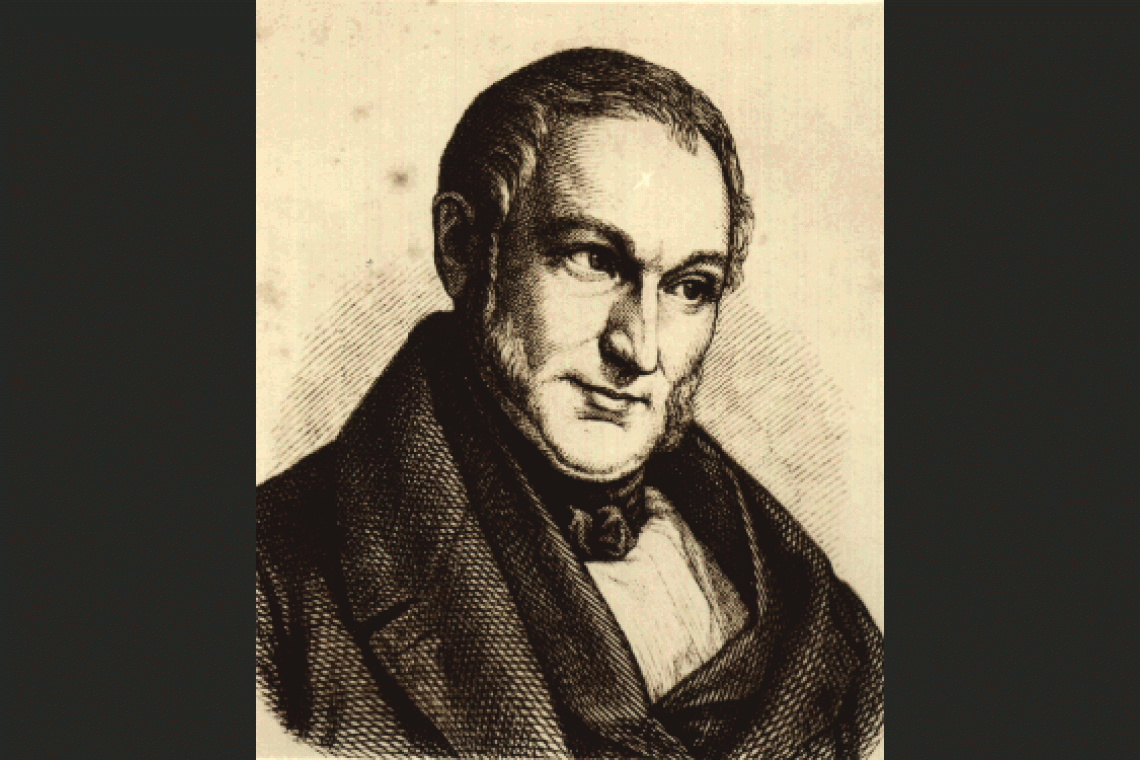
Johann Heinrich von Thünen (1783–1850) was a Mecklenburg landowner who in the first volume of his "The Isolated State" (1826) developed the first serious treatment of spatial economics and economic geography.
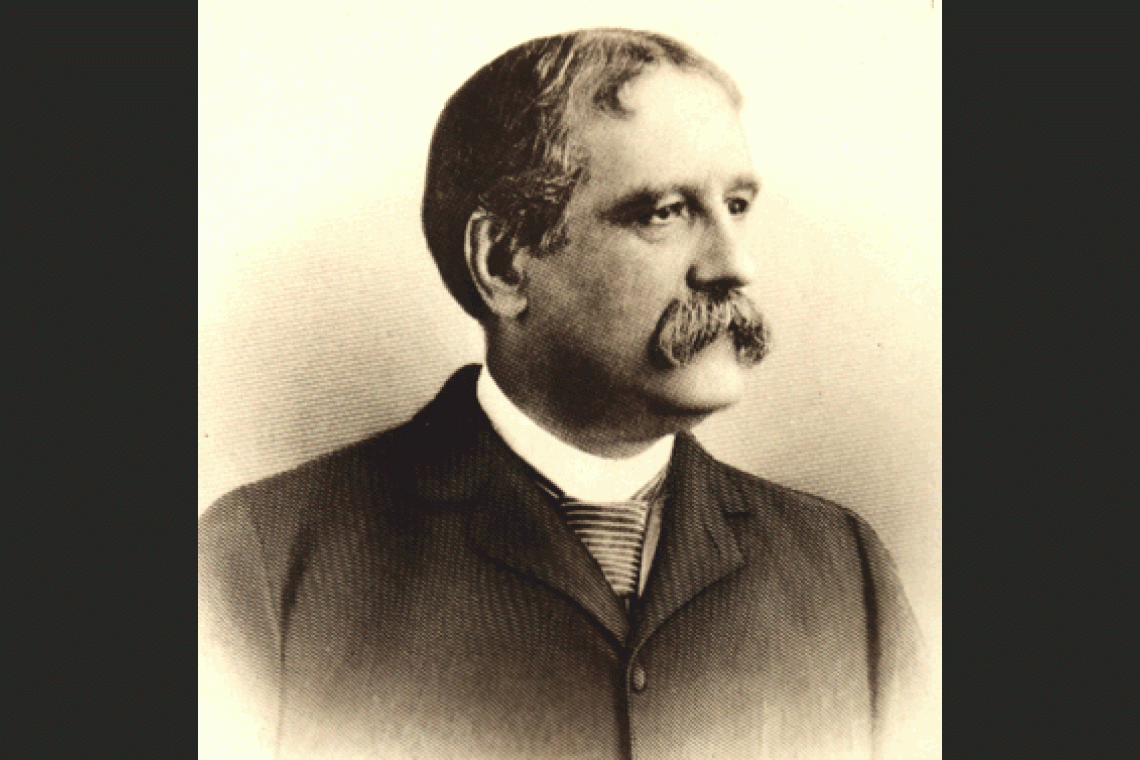
Francis A. Walker (1840–97) is widely regarded as the dean of American economics. He was interested in currency questions, authored a well-received textbook on money, and became a proponent of bimetallism—although later he became more conservative.

Leon Walras (1843–1910) was a French mathematical economist and Georgist. He formulated the marginal theory of value and pioneered the development of general equilibrium theory.
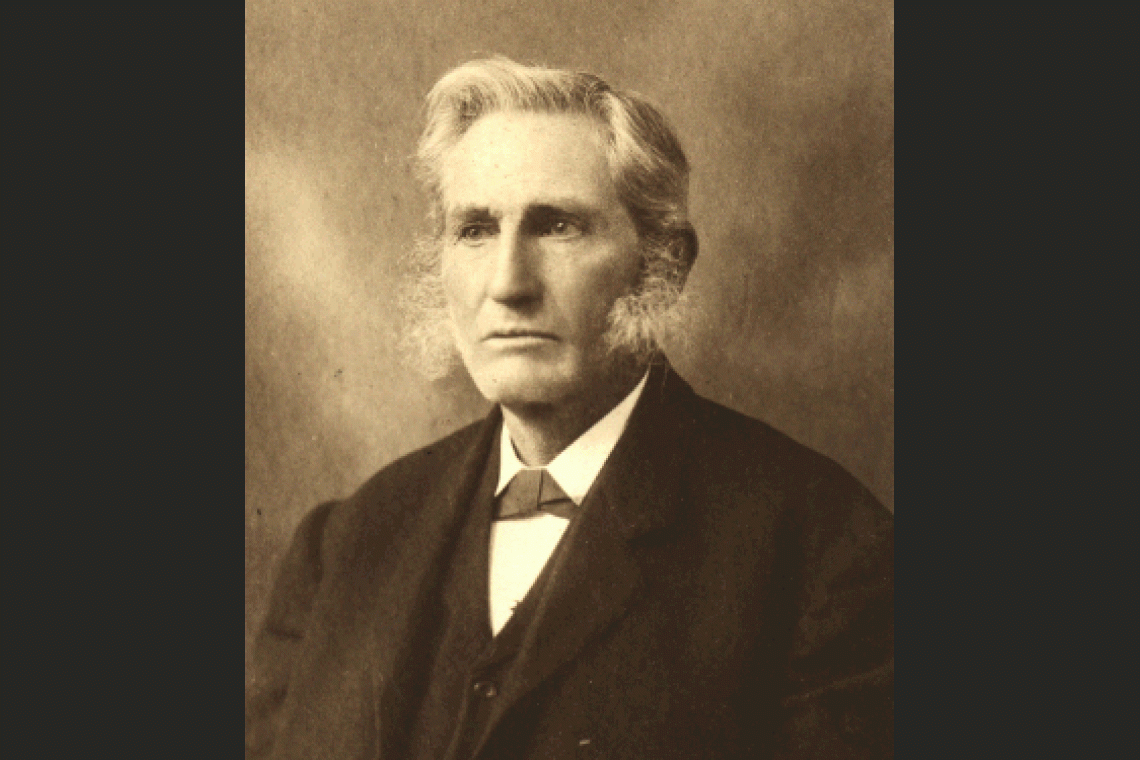
Ward
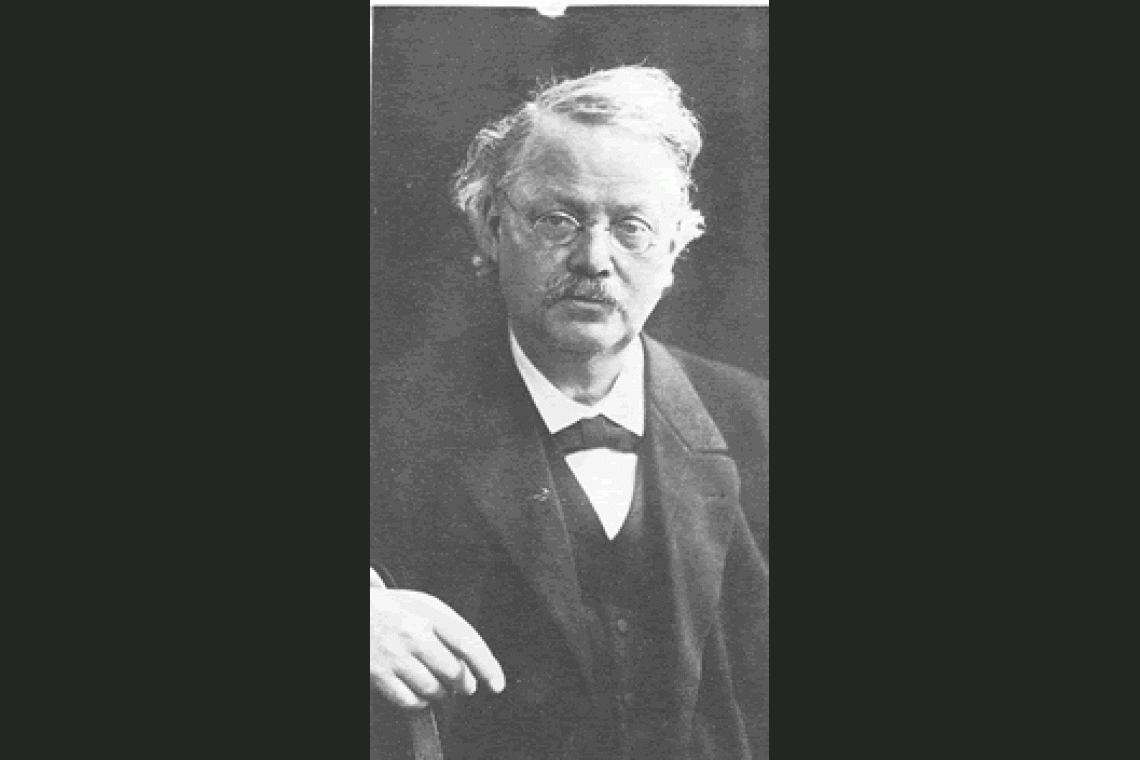
Knut Wicksell (1851–1926) was a leading Swedish economist of the Stockholm school. His economic contributions would influence both the Keynesian and Austrian schools of economic thought.

Friedrich von Wieser (1851–1926) was an early economist of the Austrian School of economics. He developed the Austrian school theory of costs, building on Menger’s subjective-value approach and introducing the concept of opportunity cost.
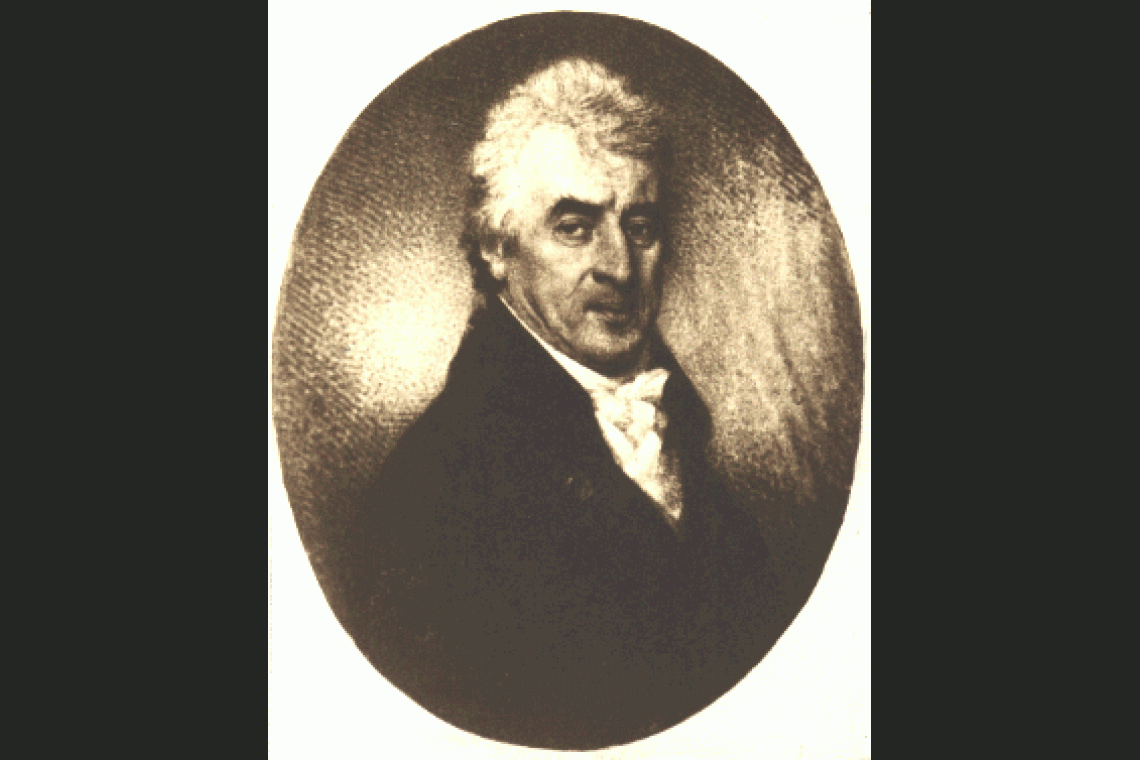
Arthur Young (1741–1820) was an English agriculturist. Not himself successful as a farmer, he built on connections and activities as a publicist a substantial reputation as an expert on agricultural improvement.